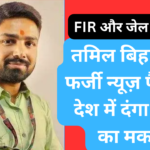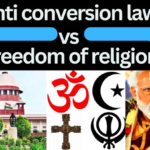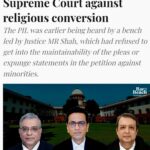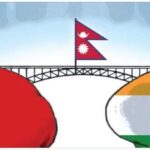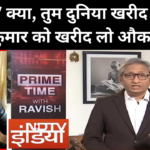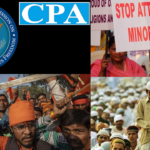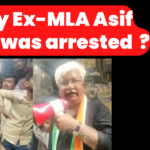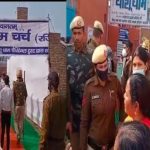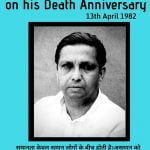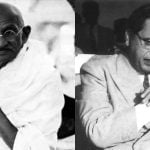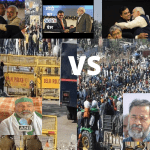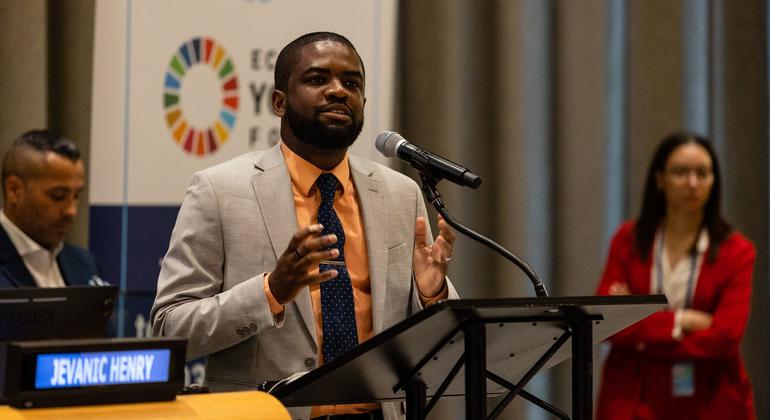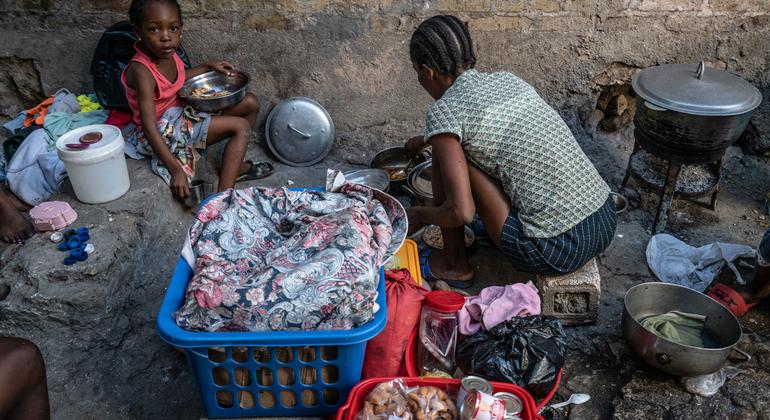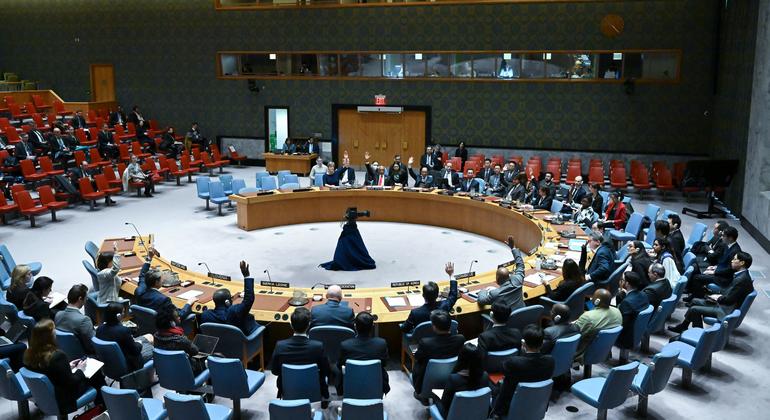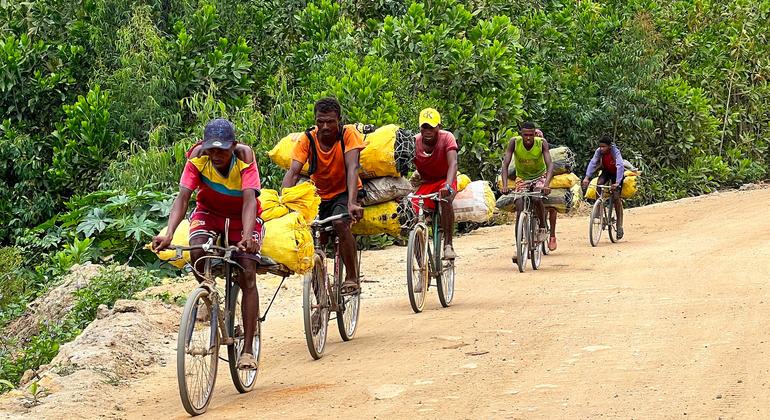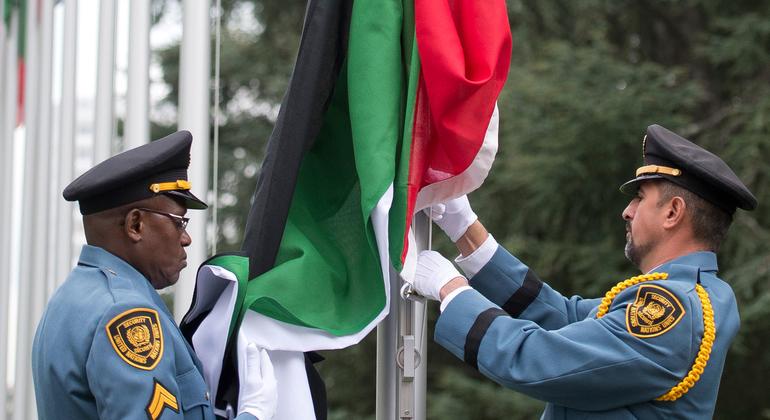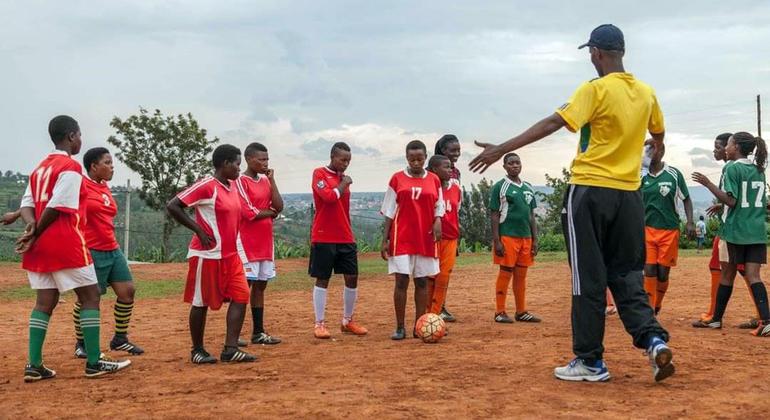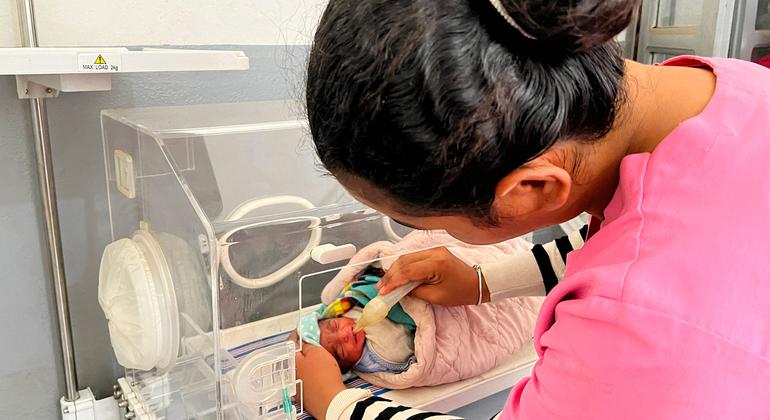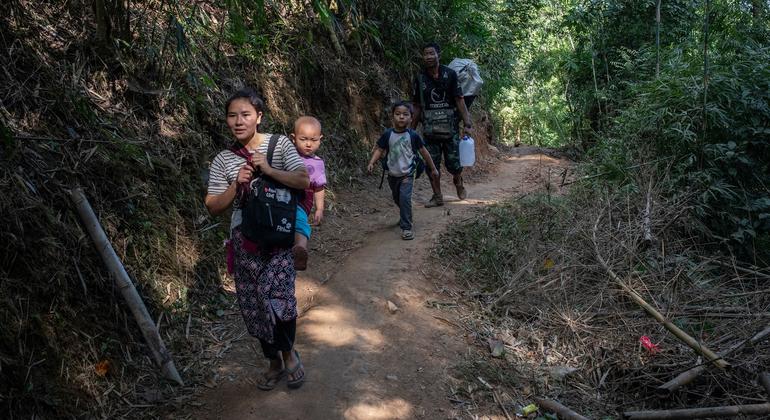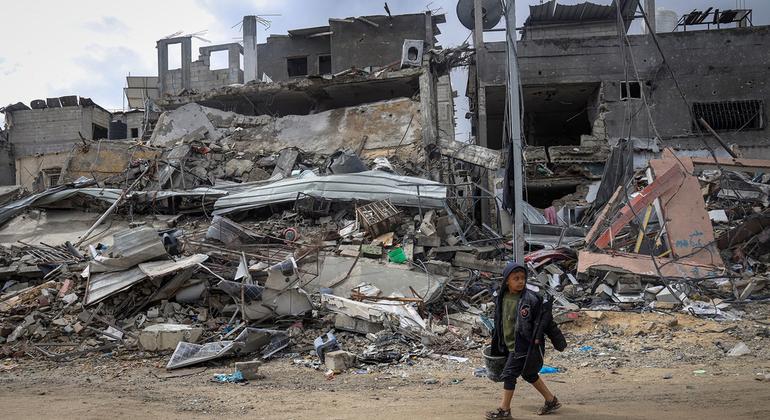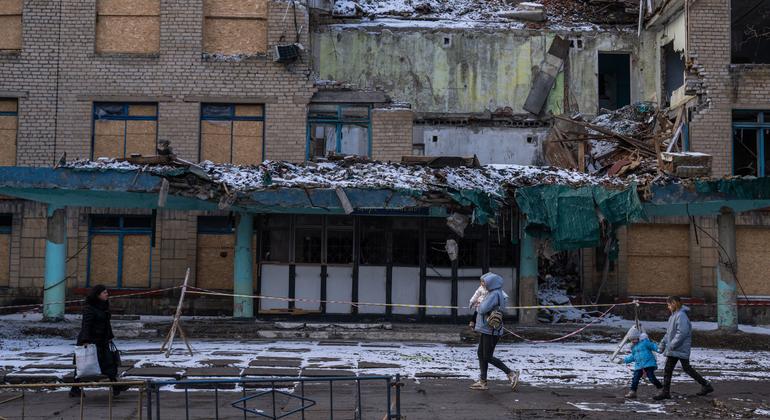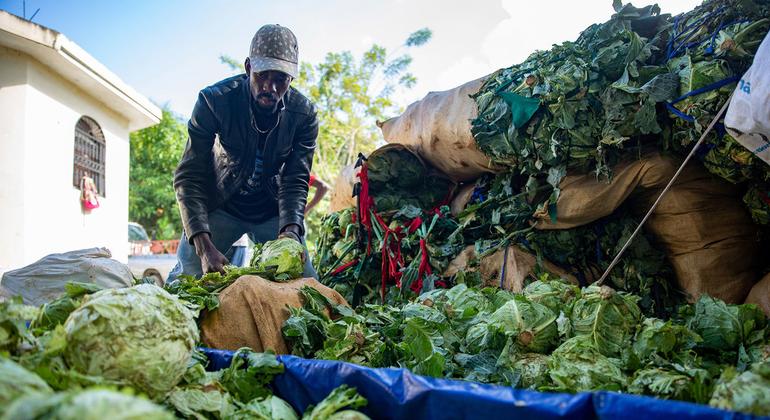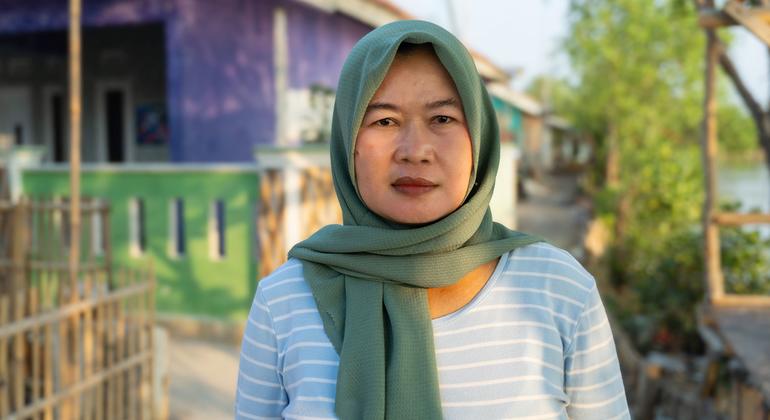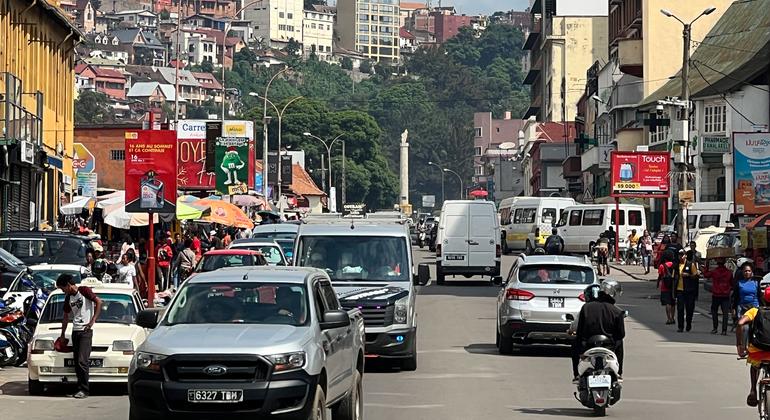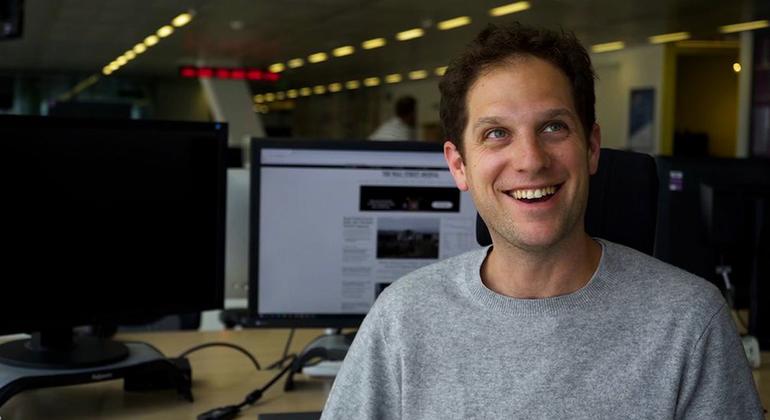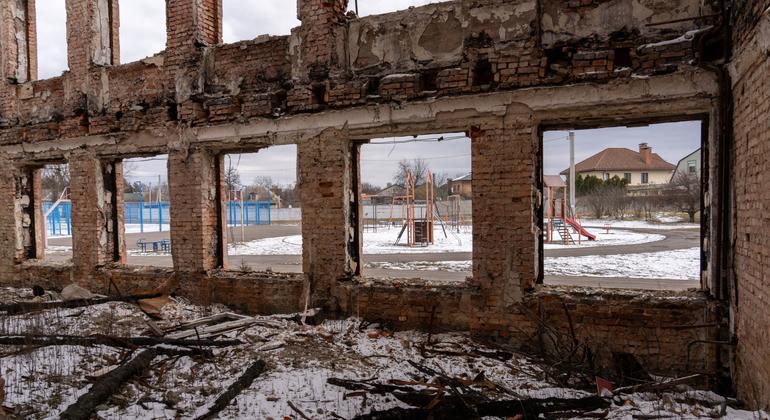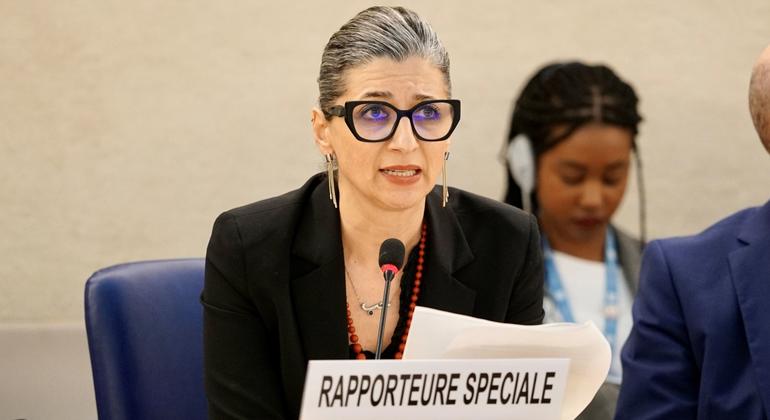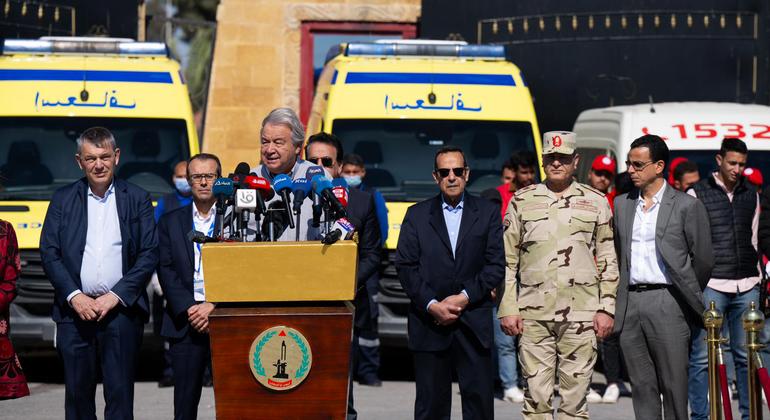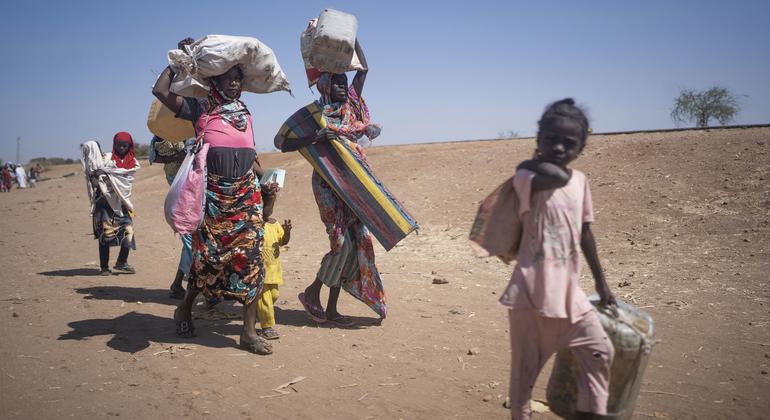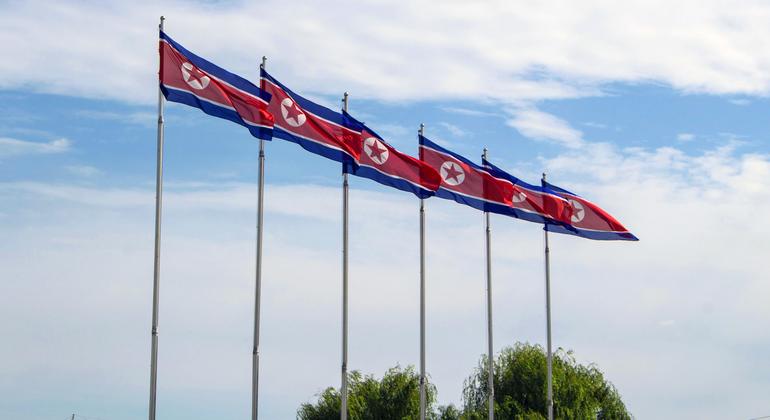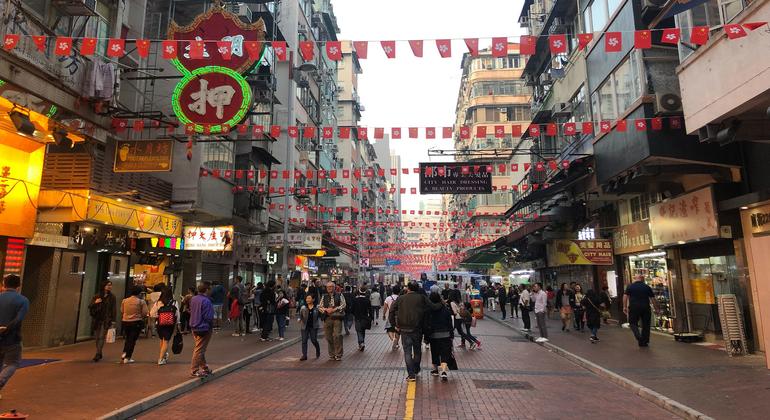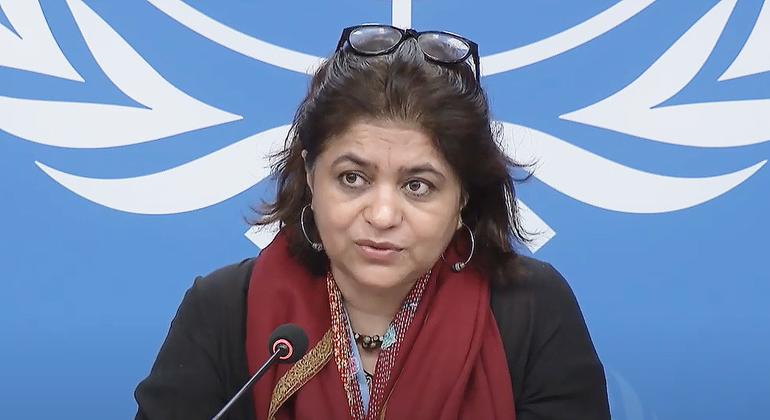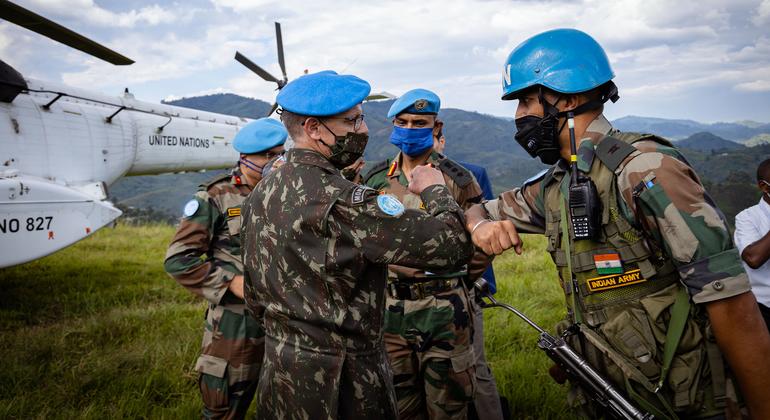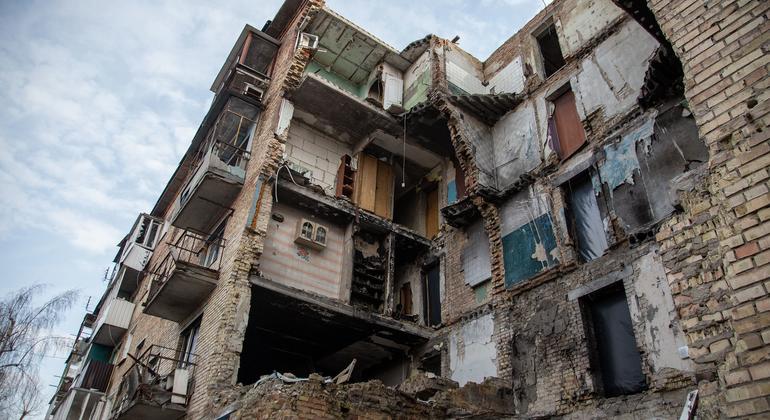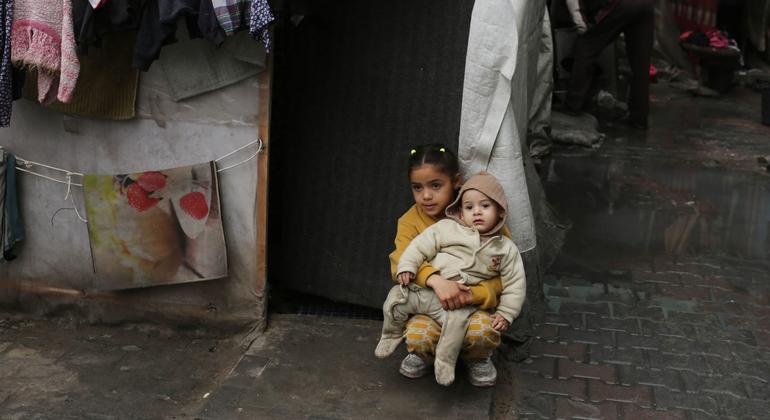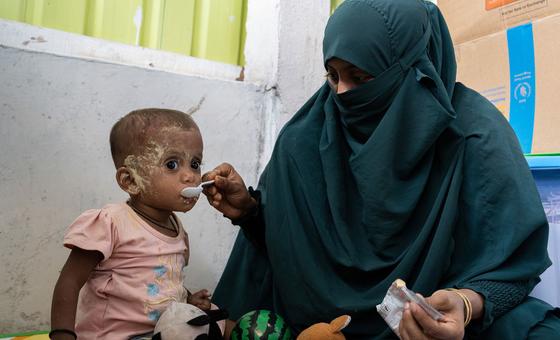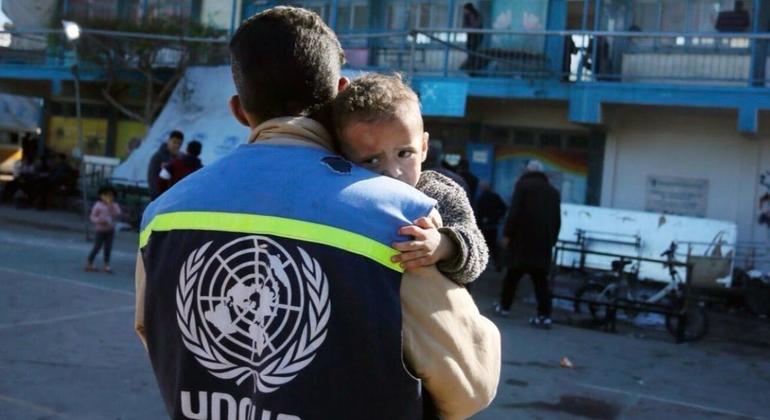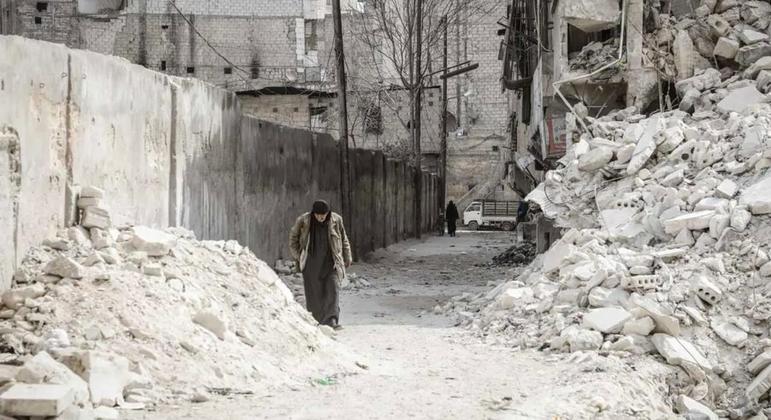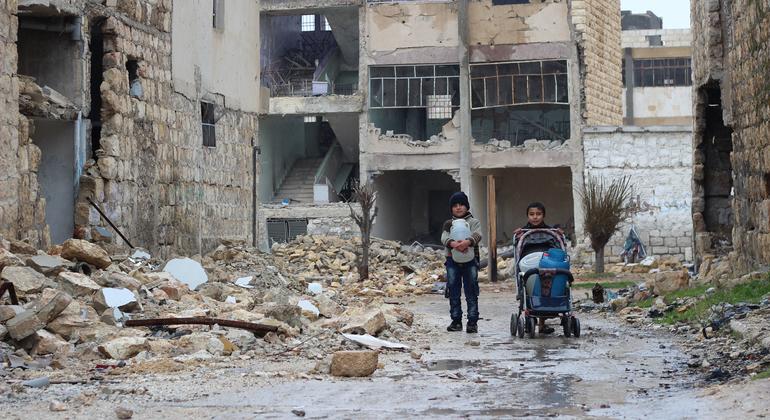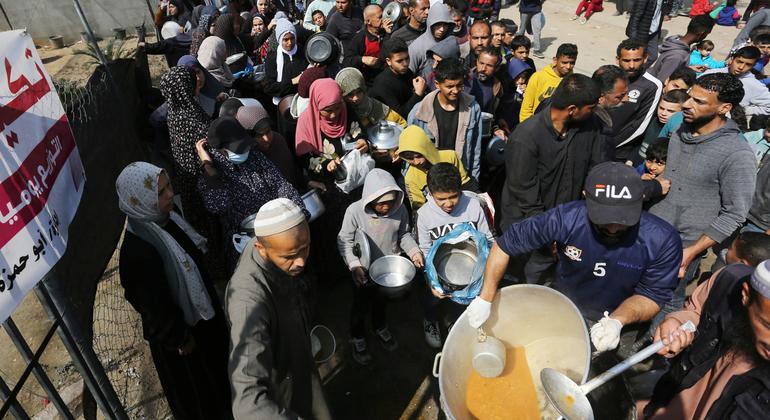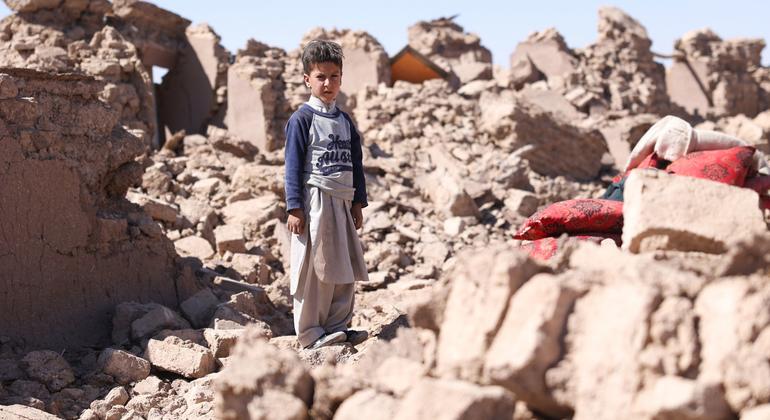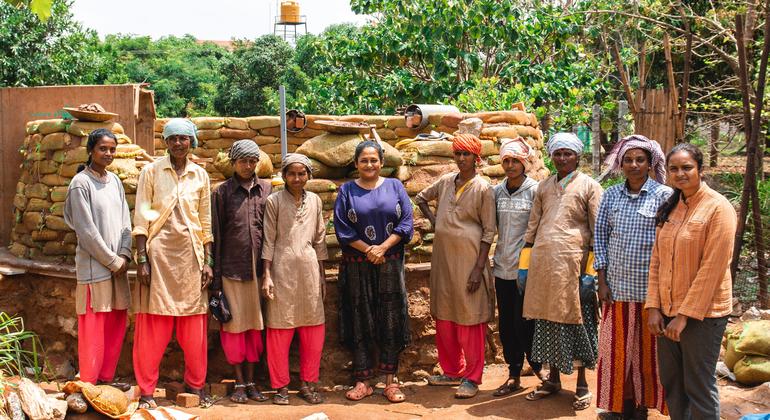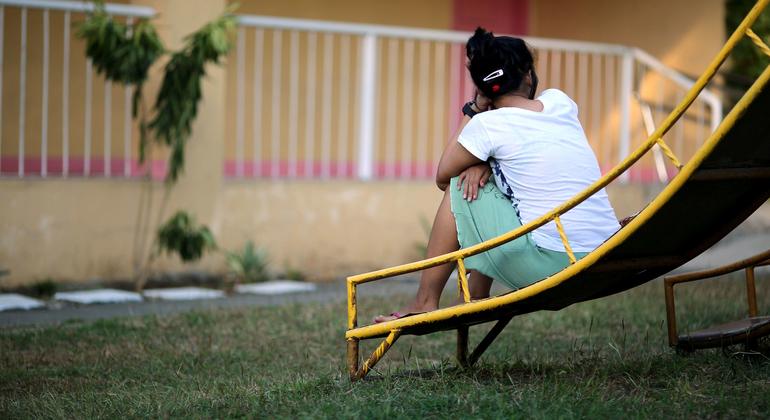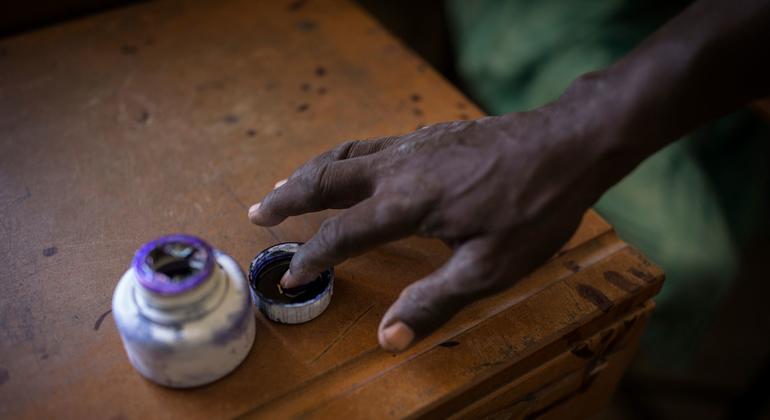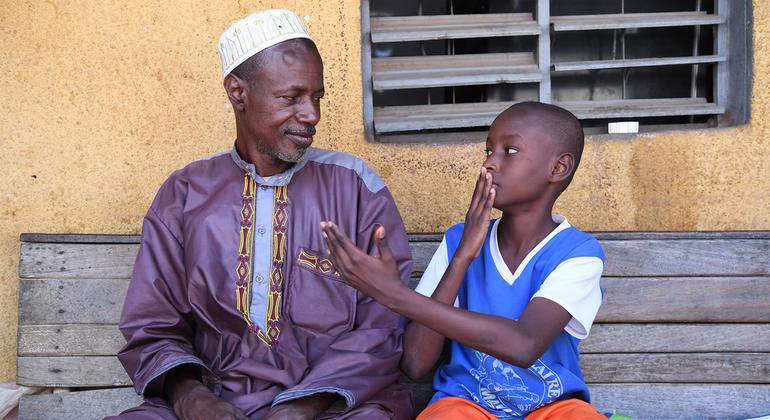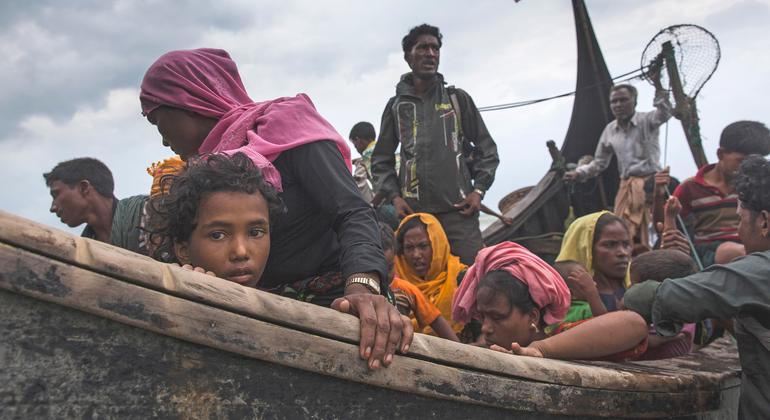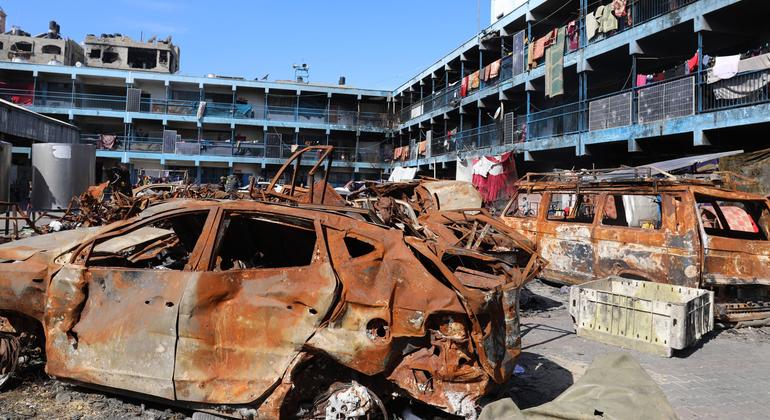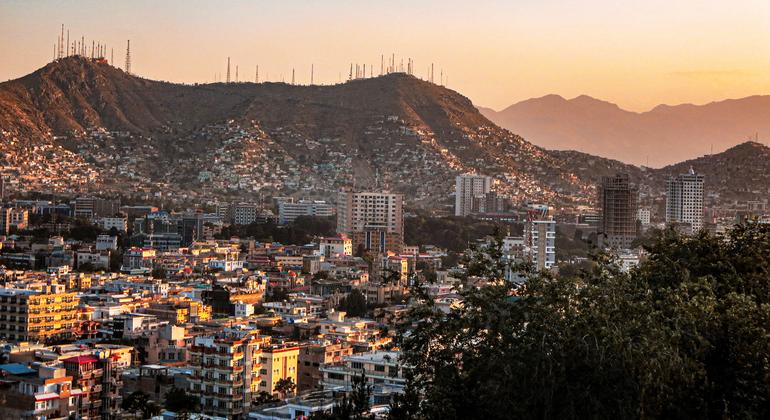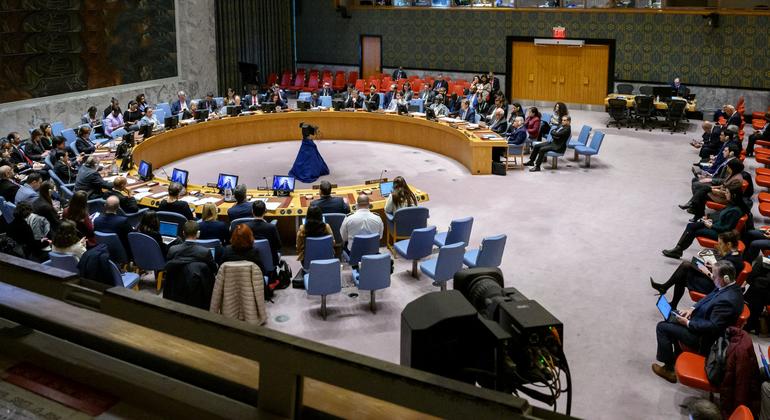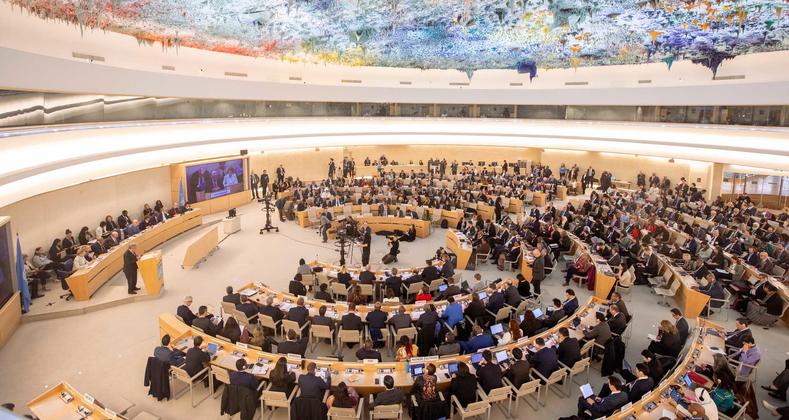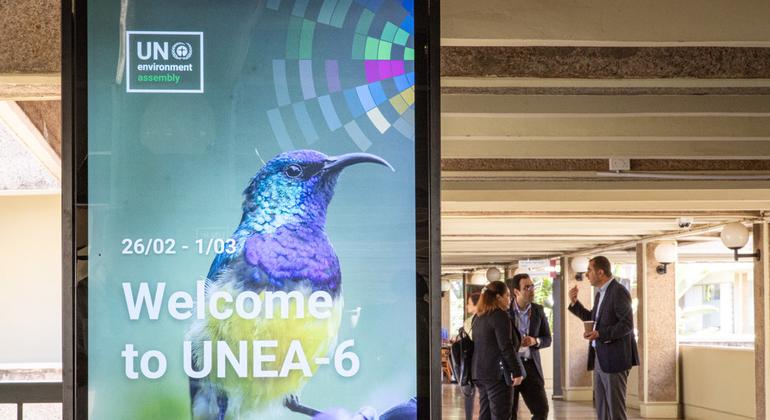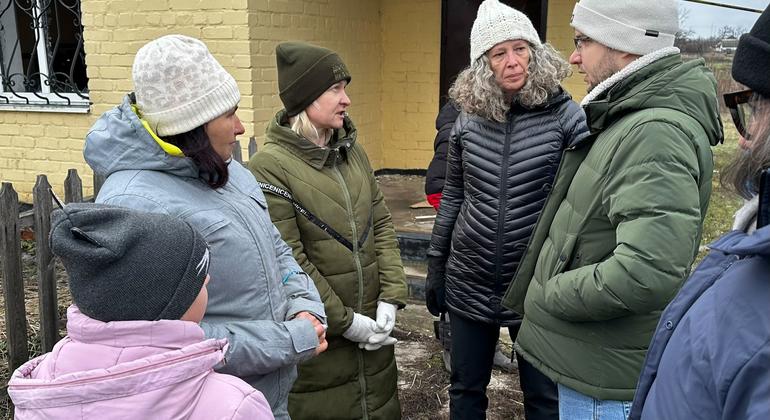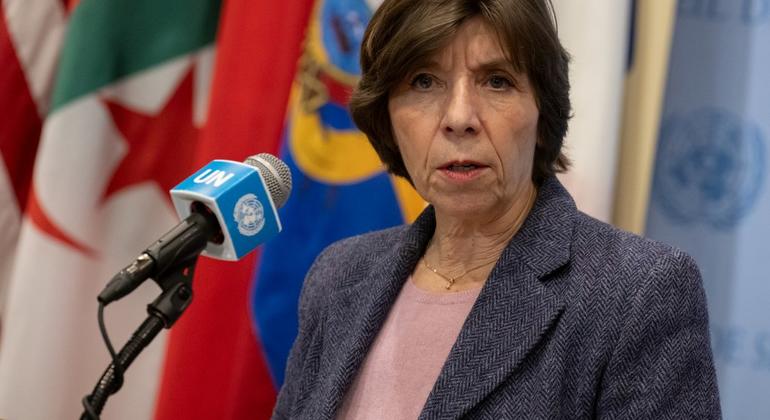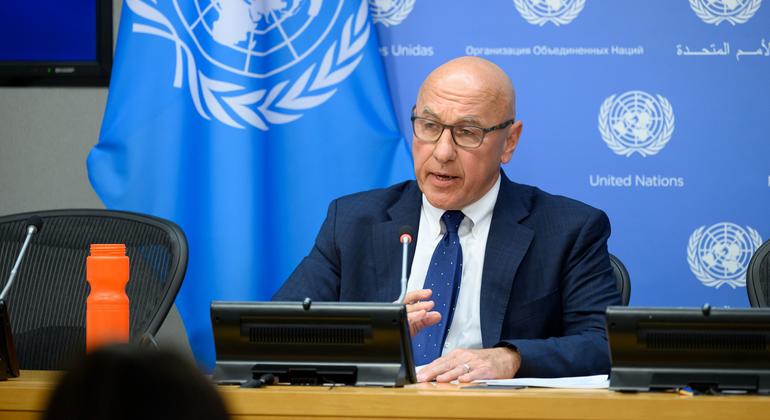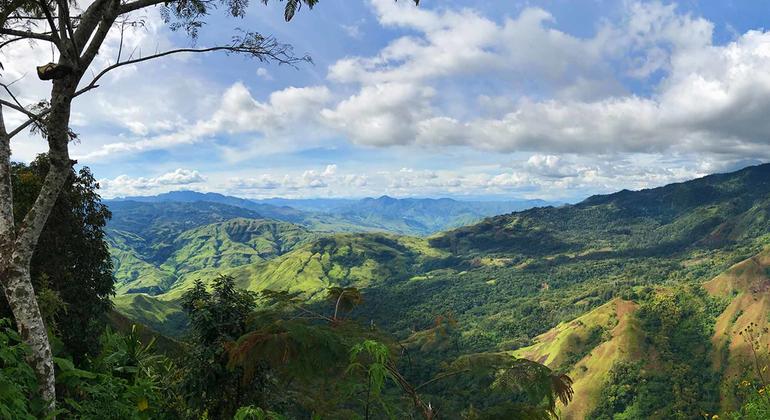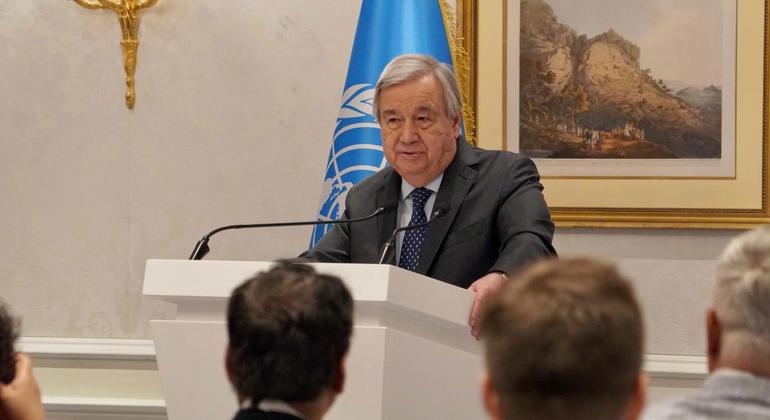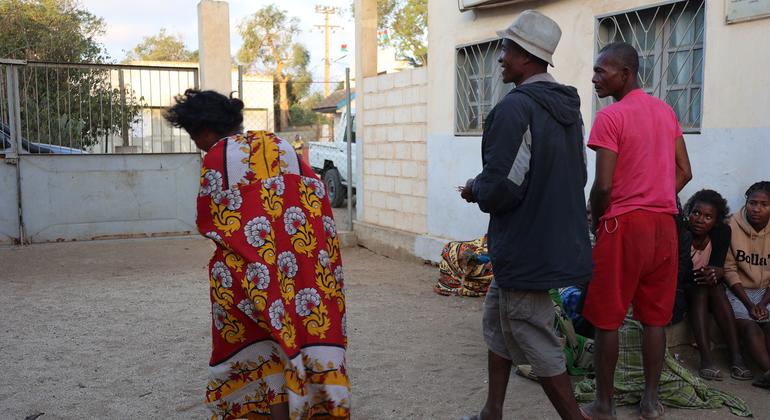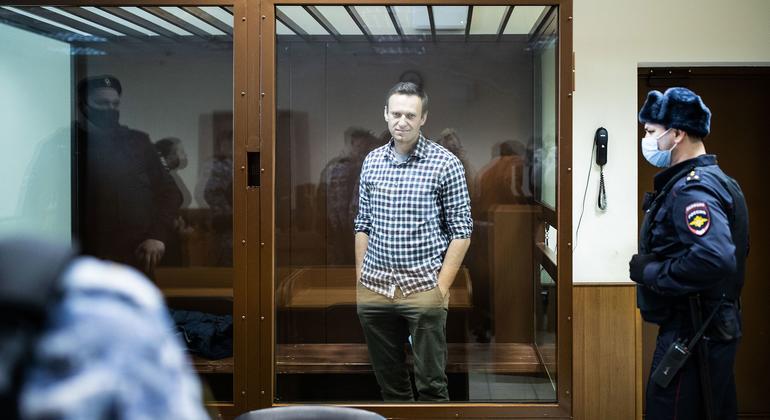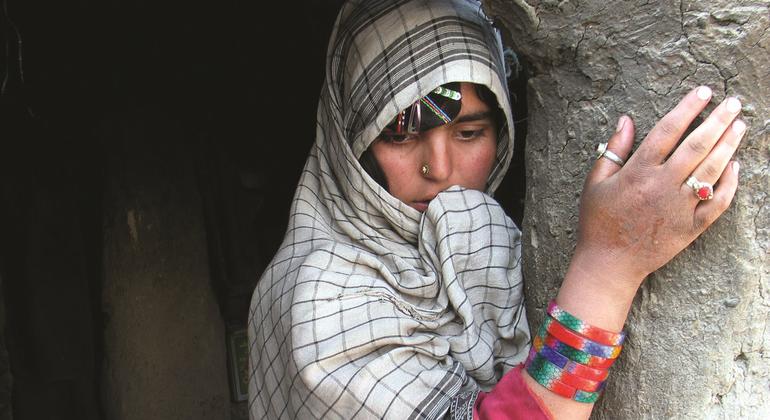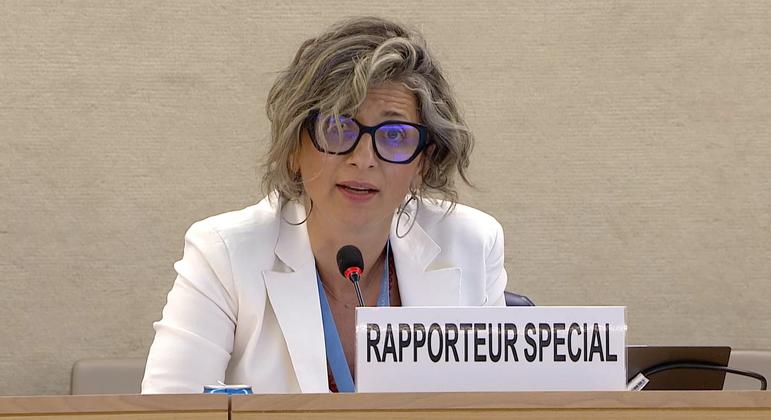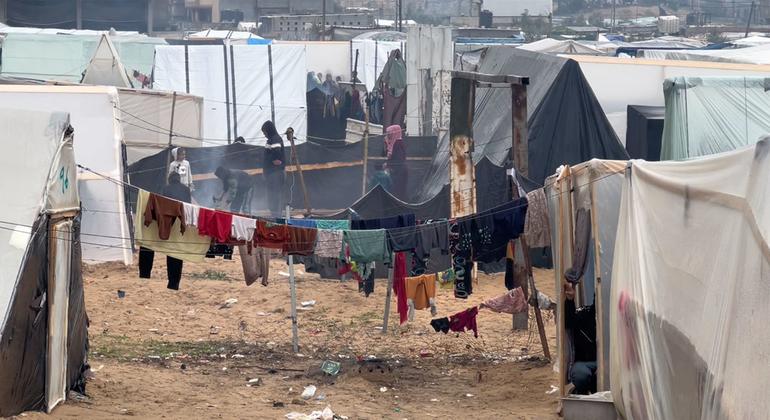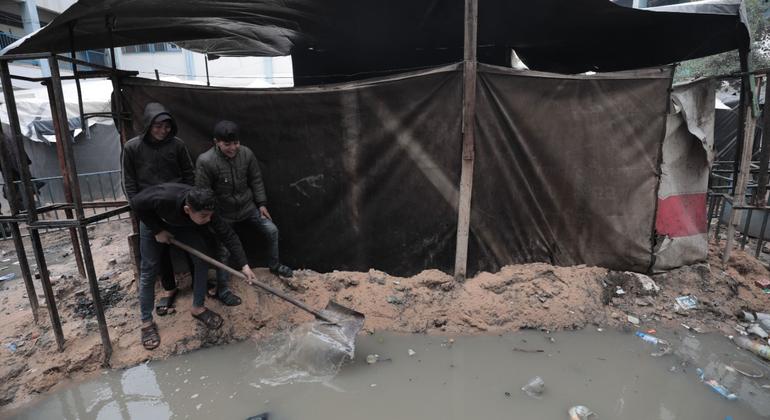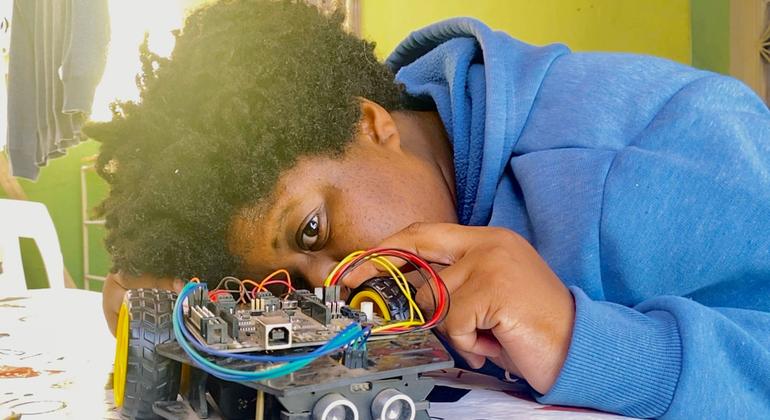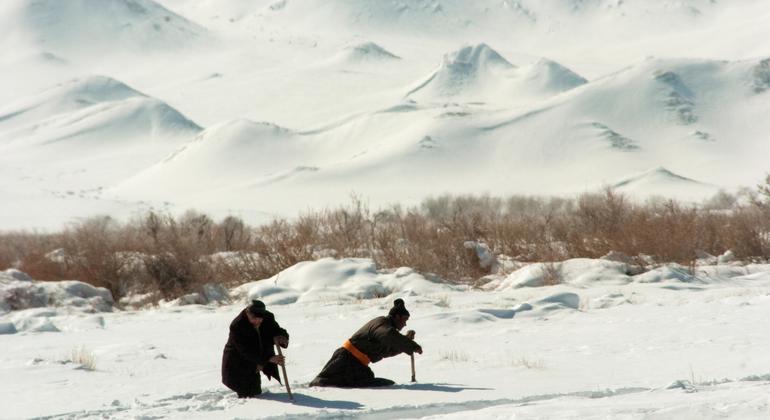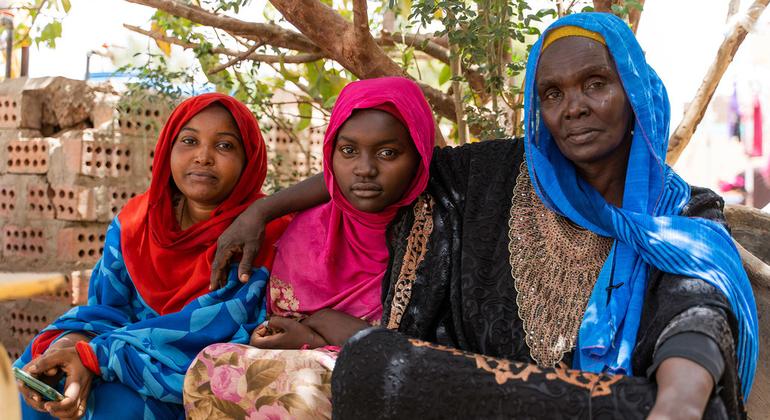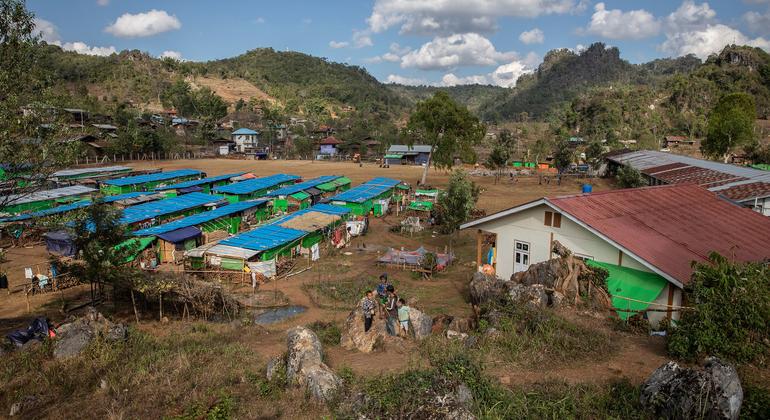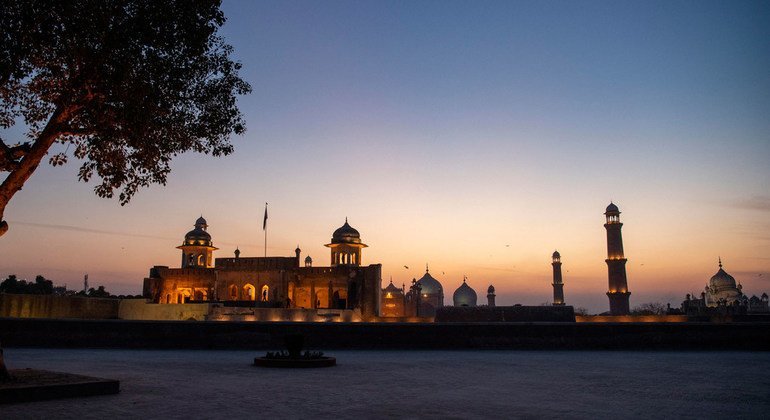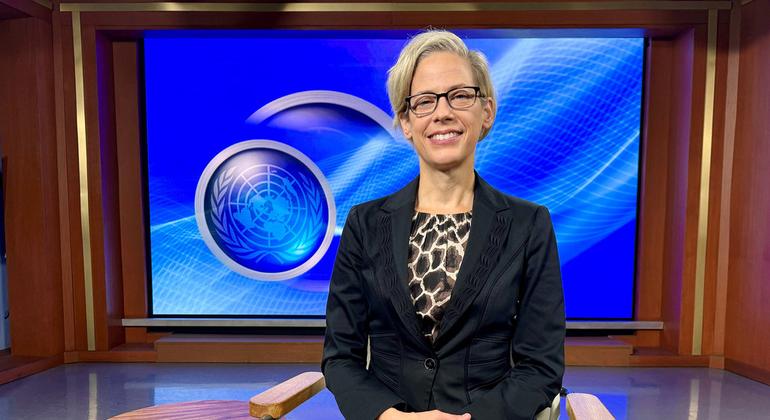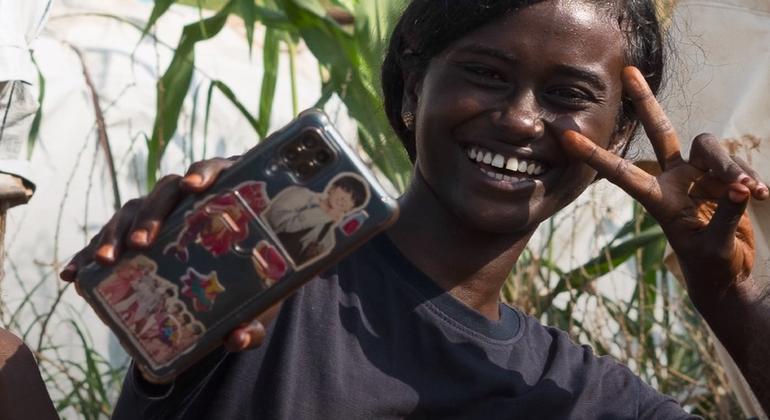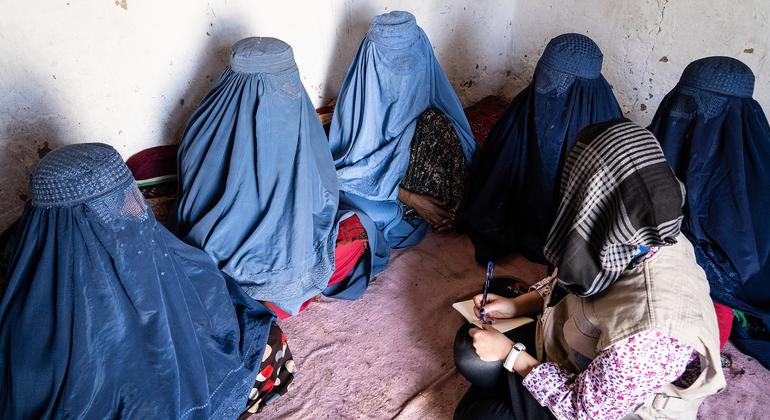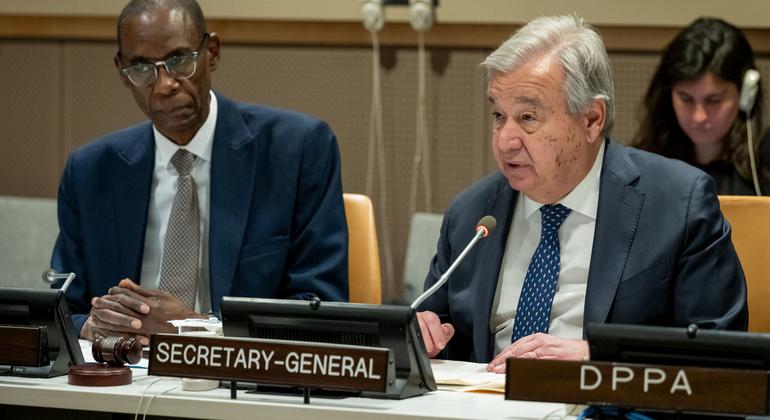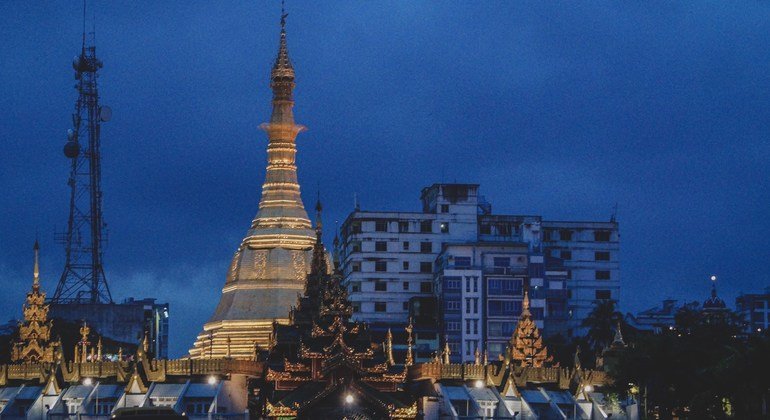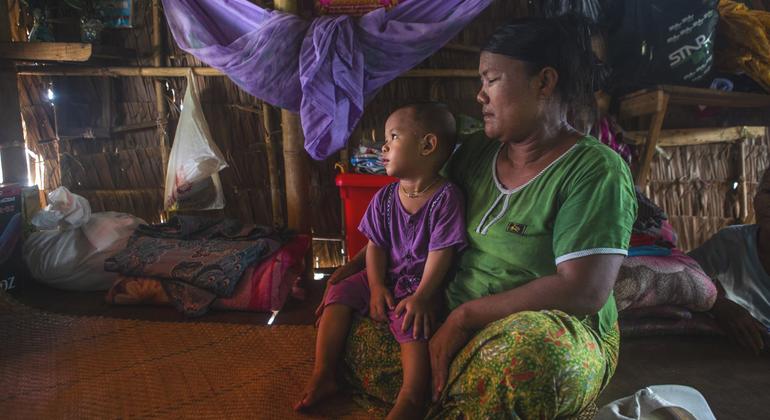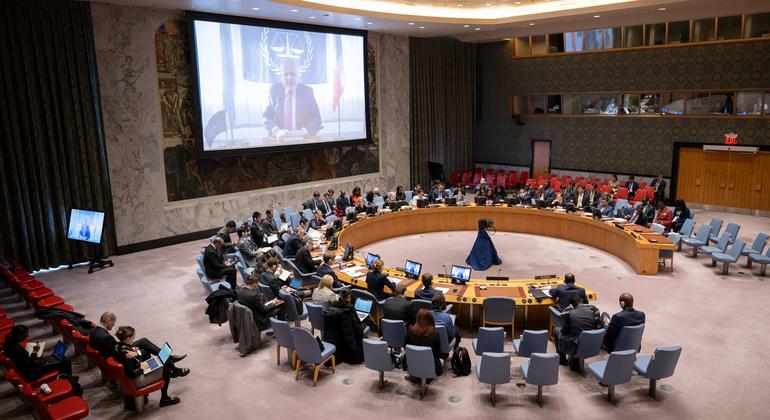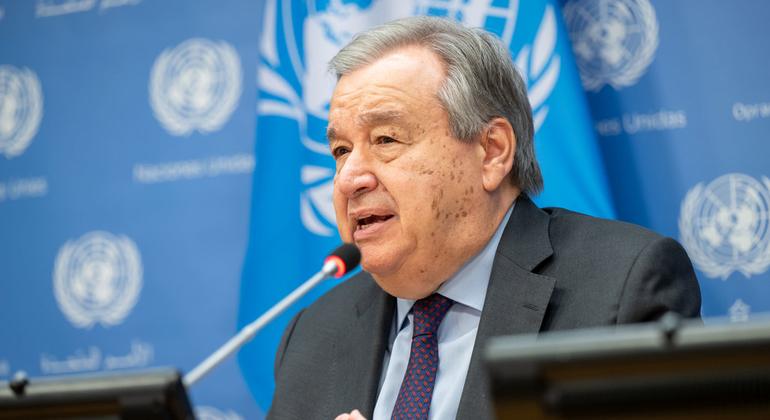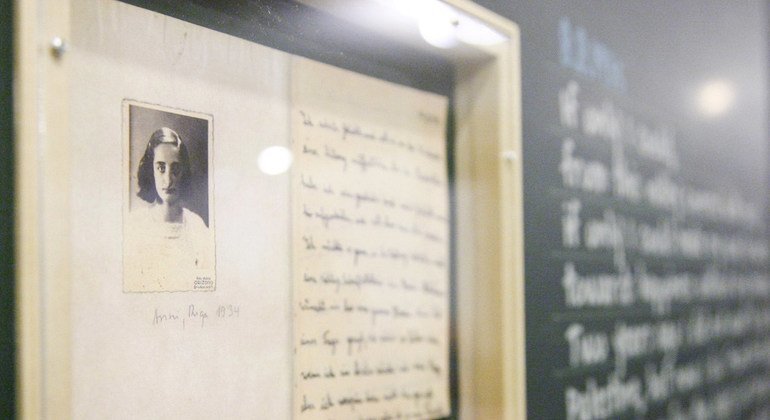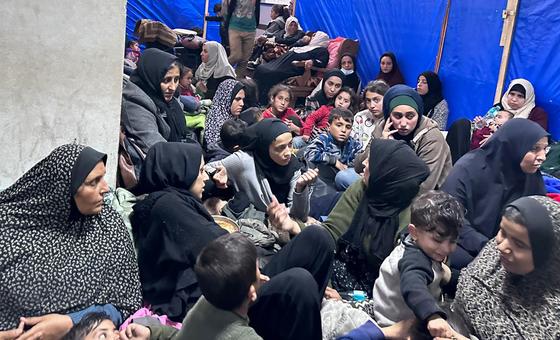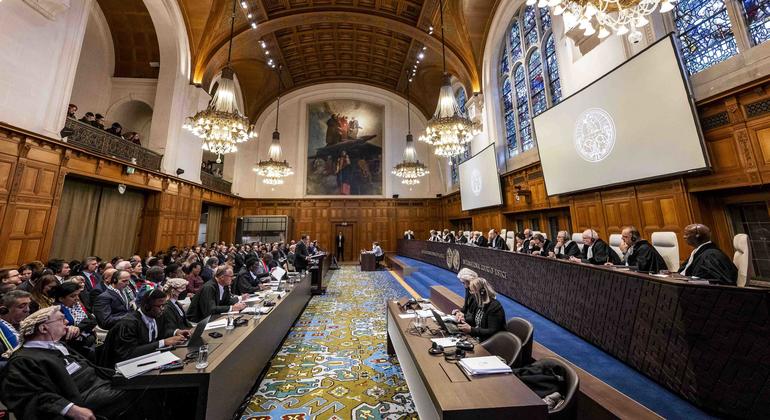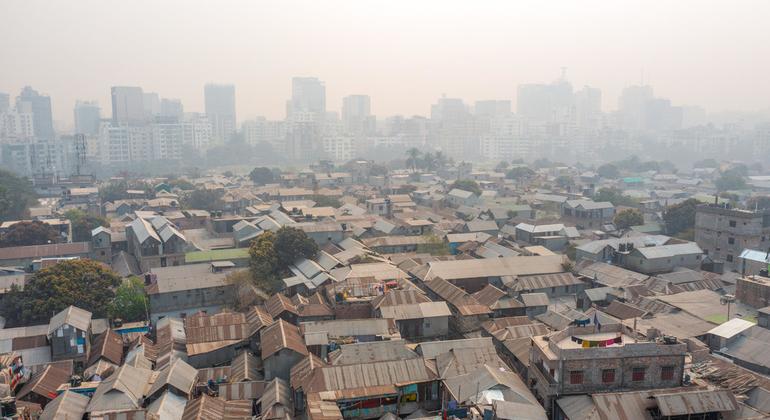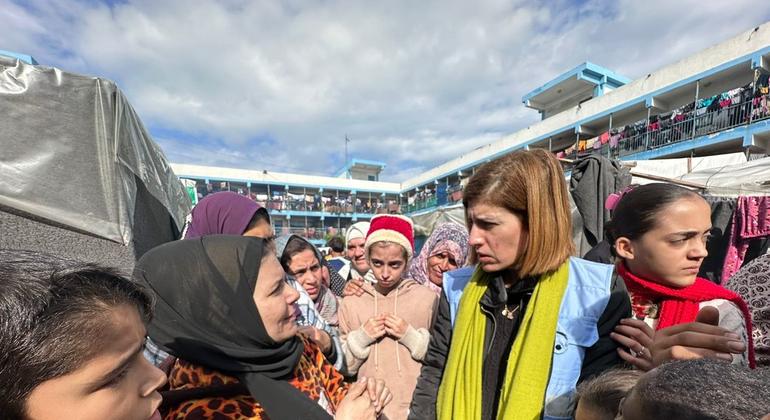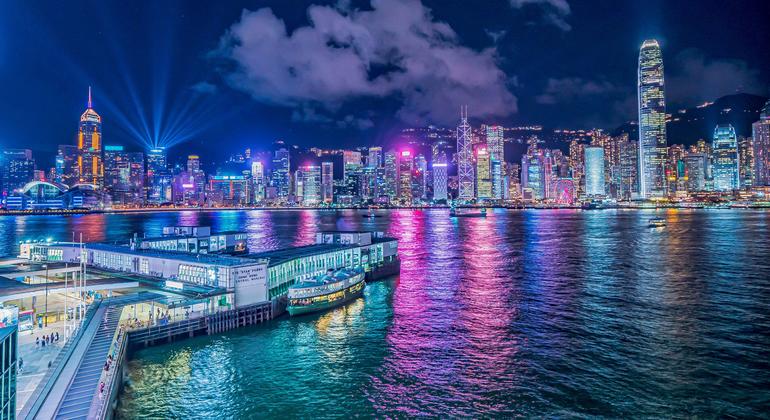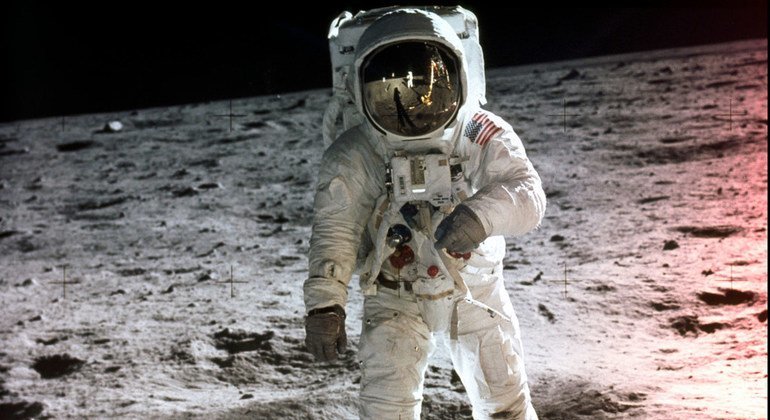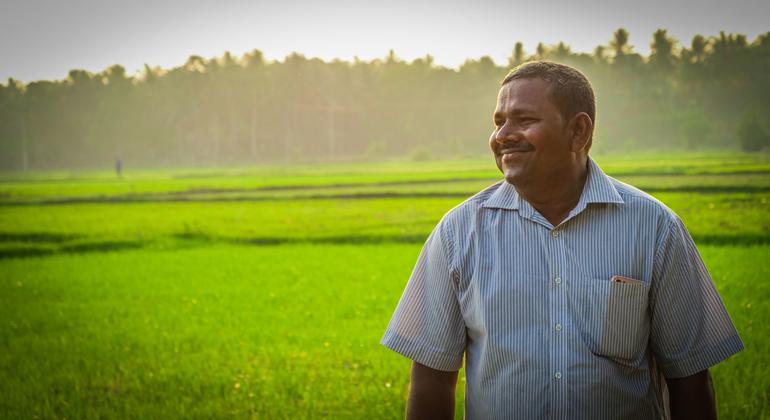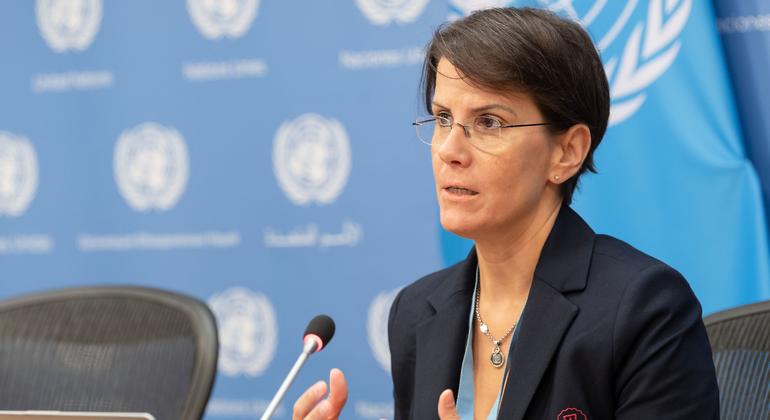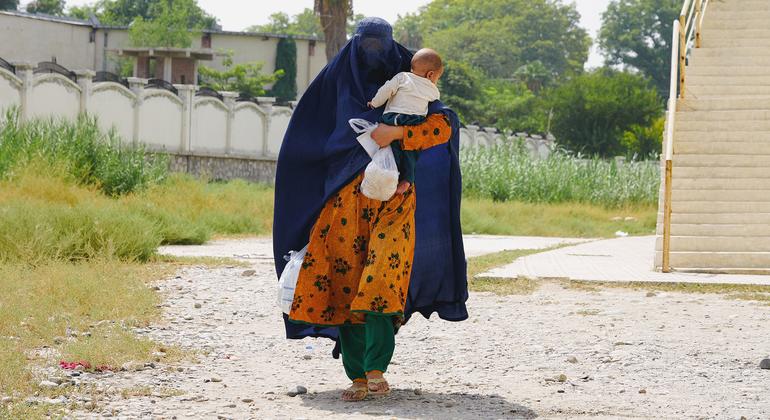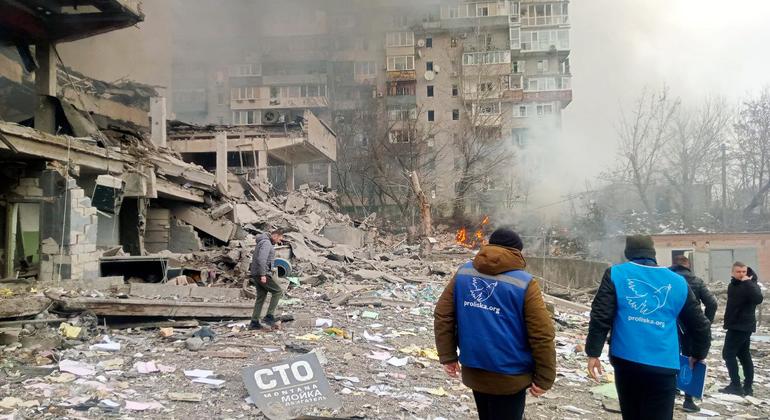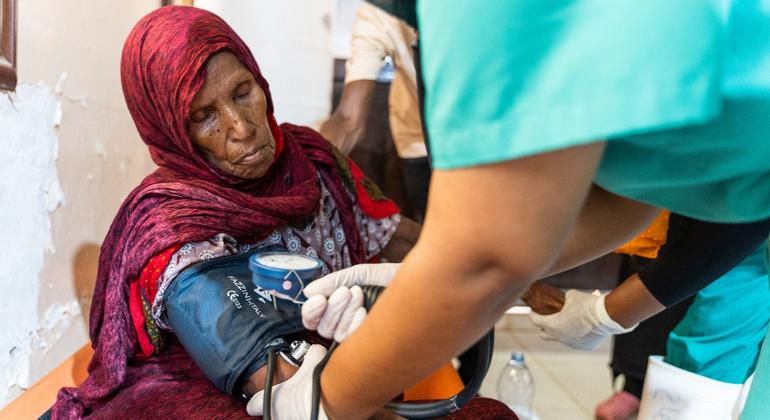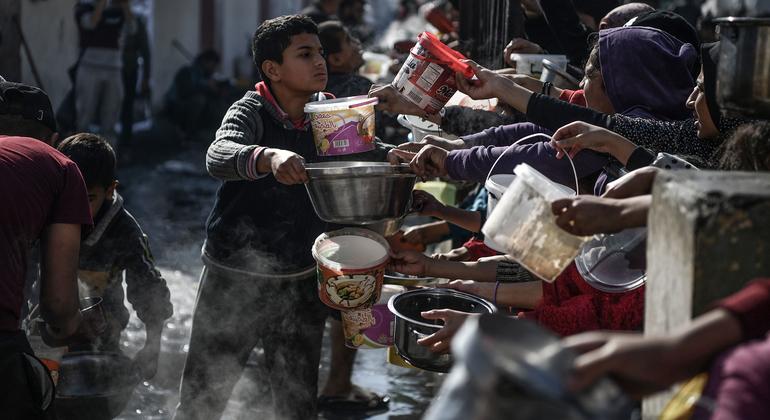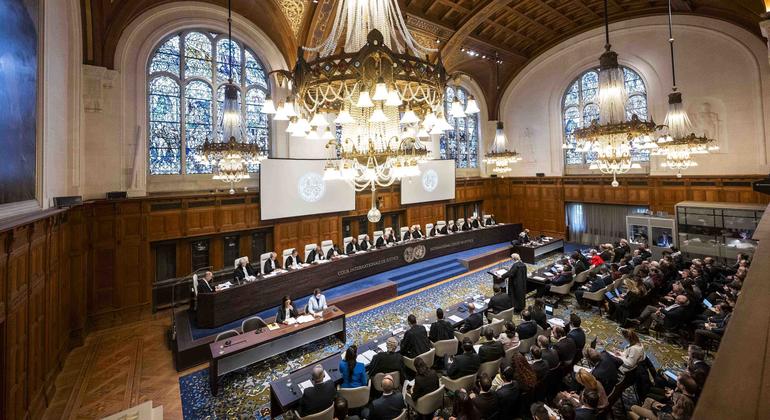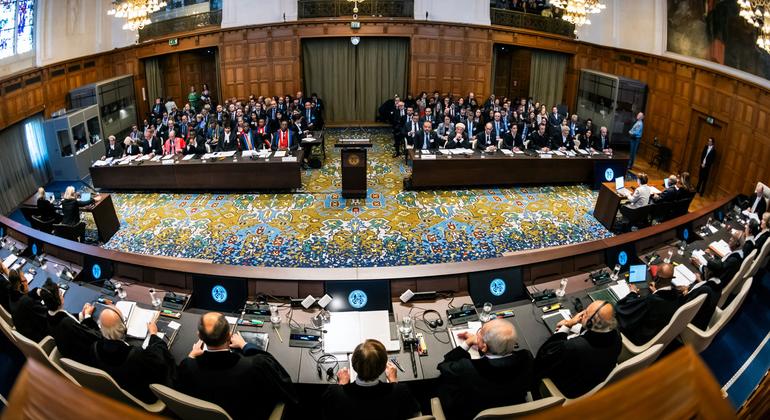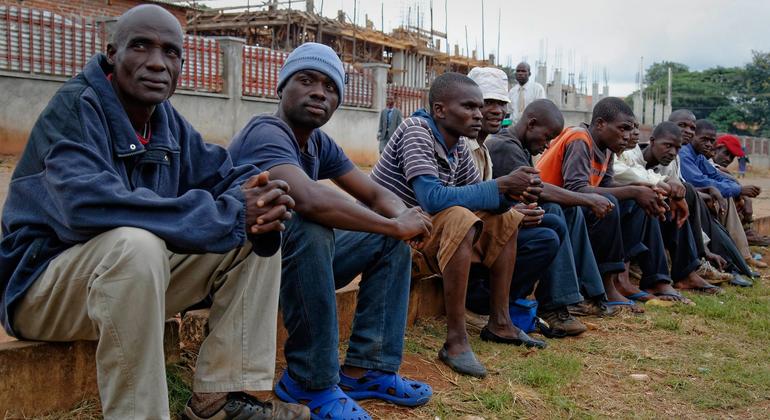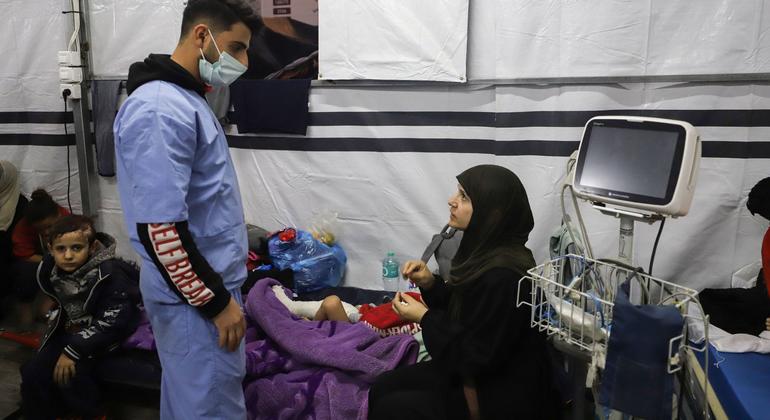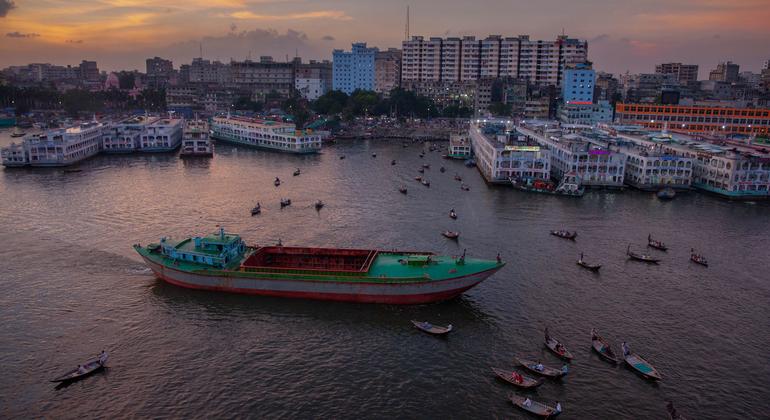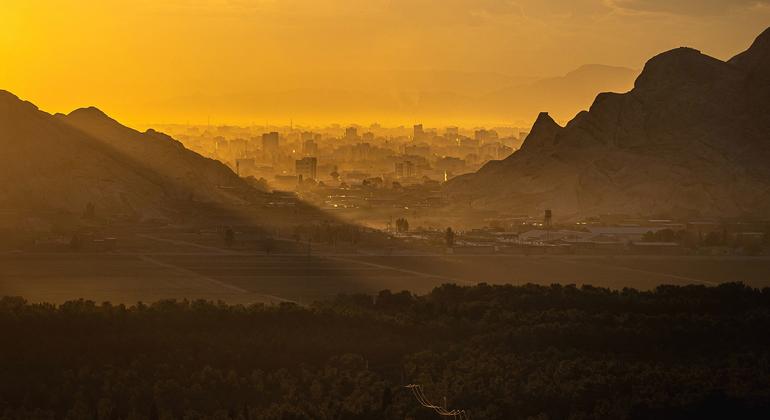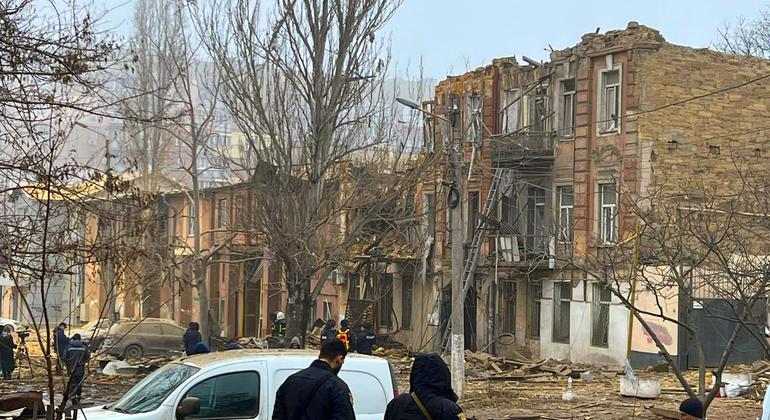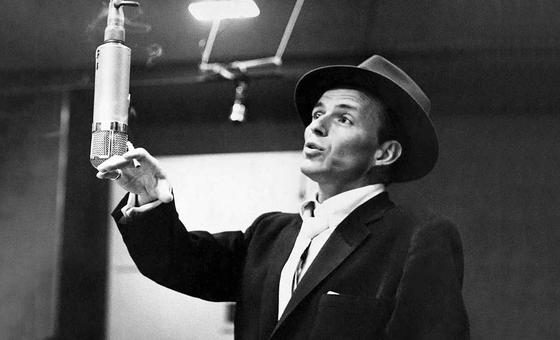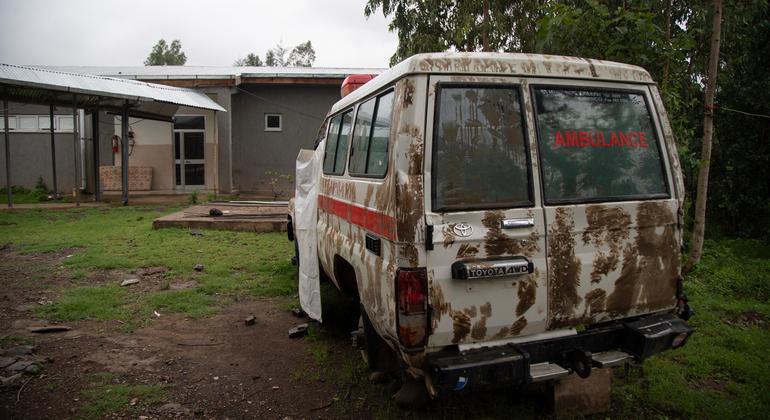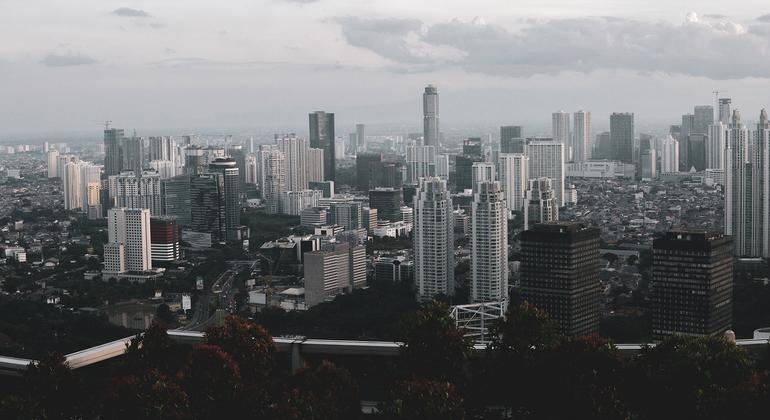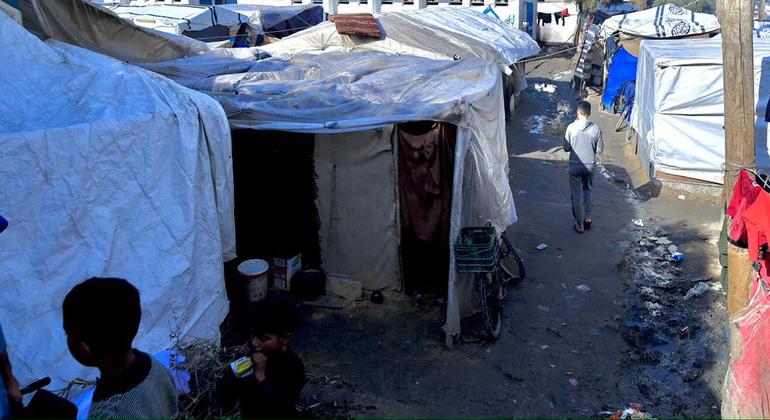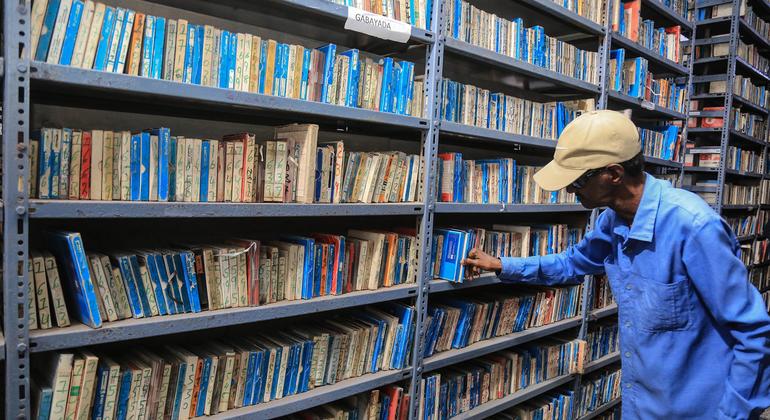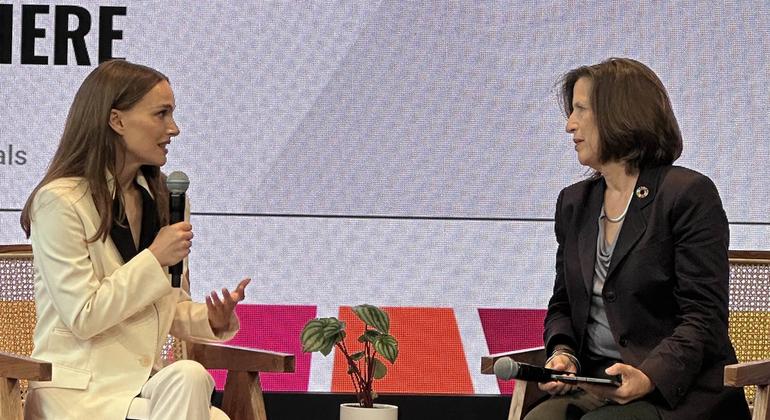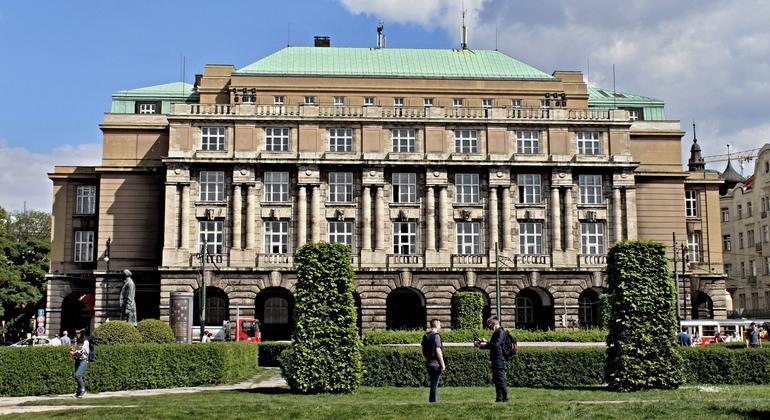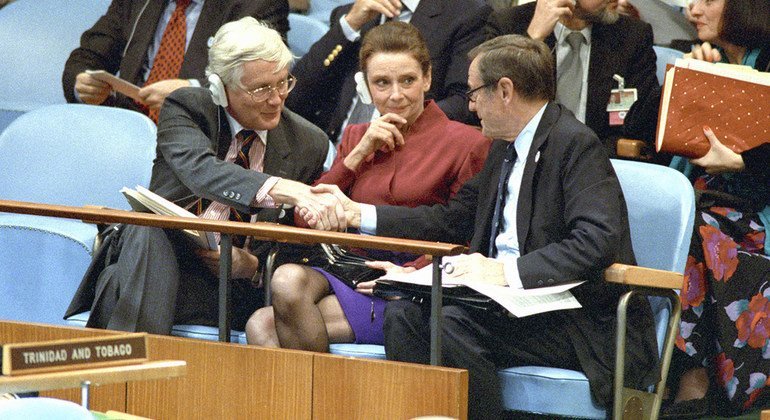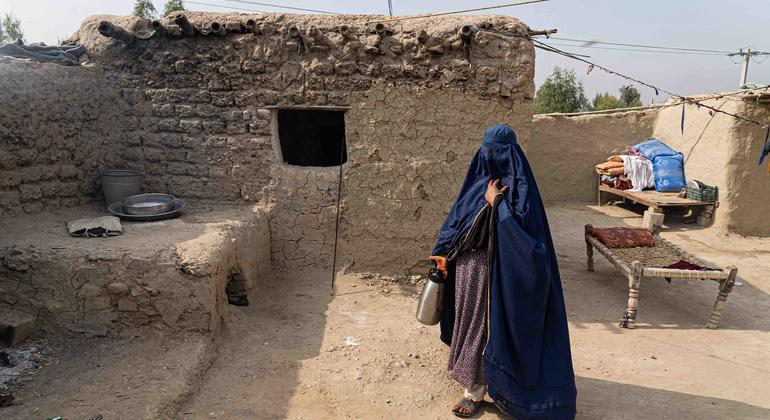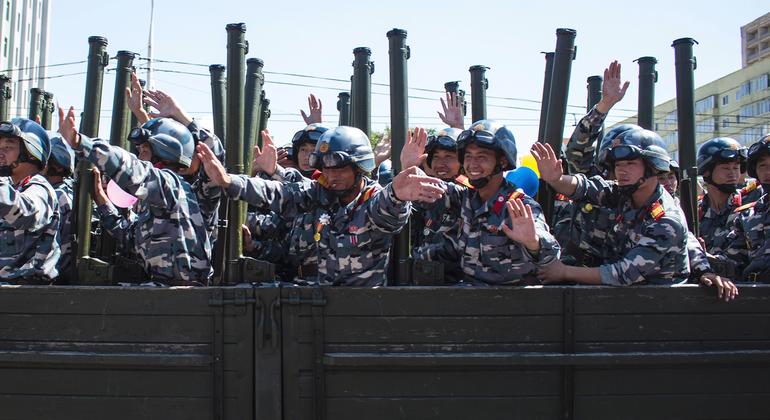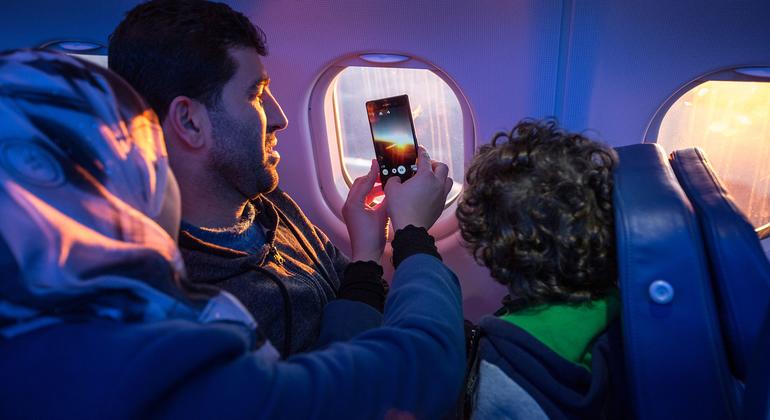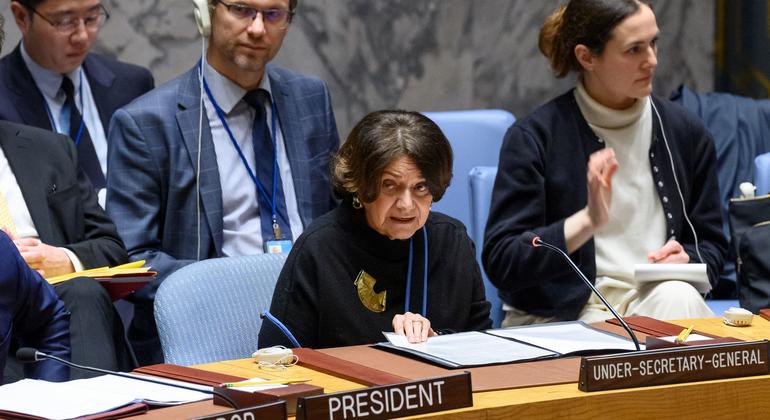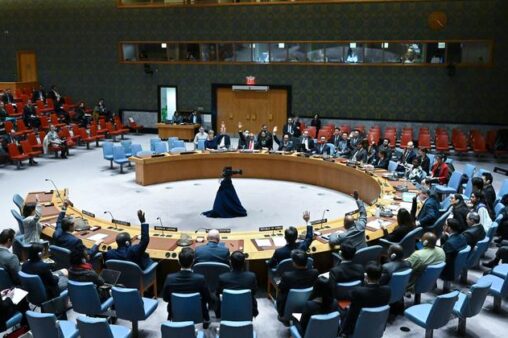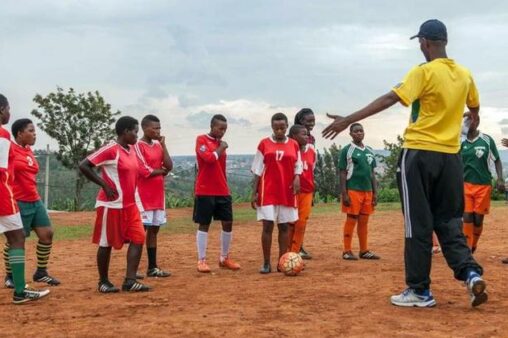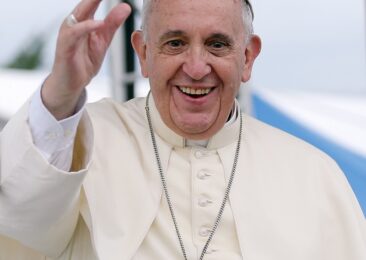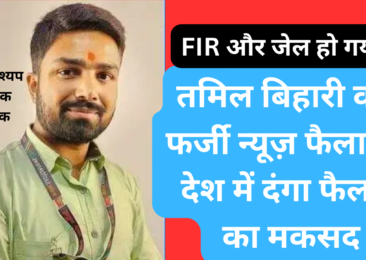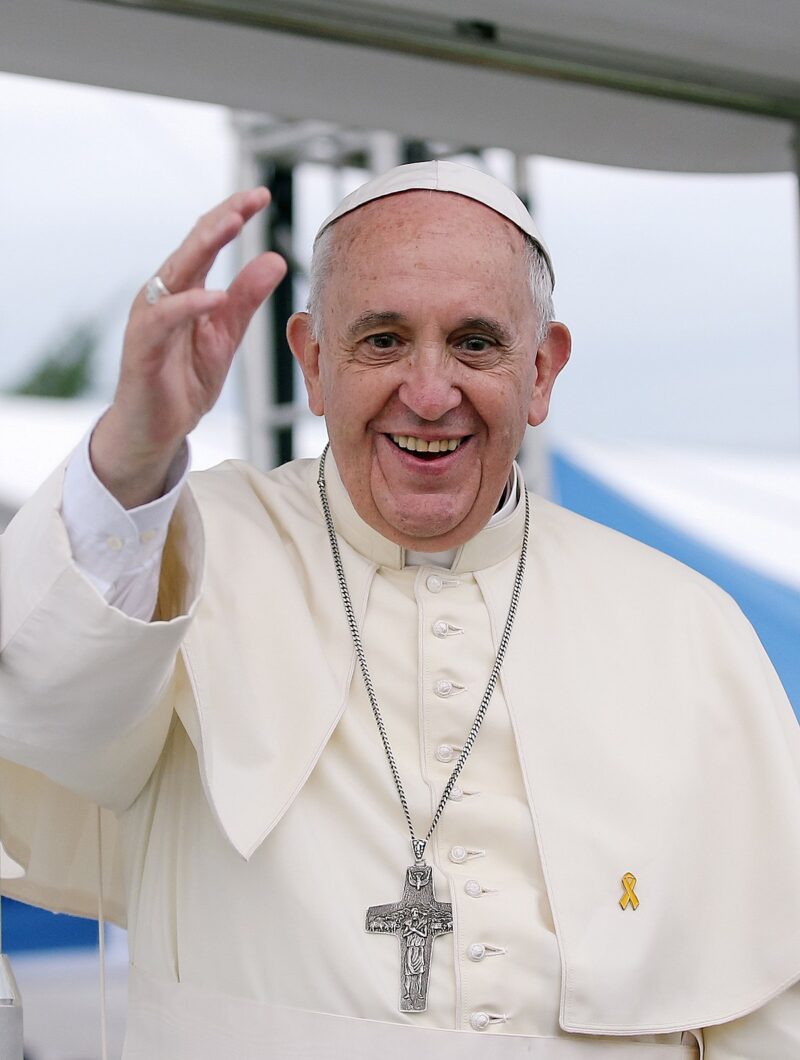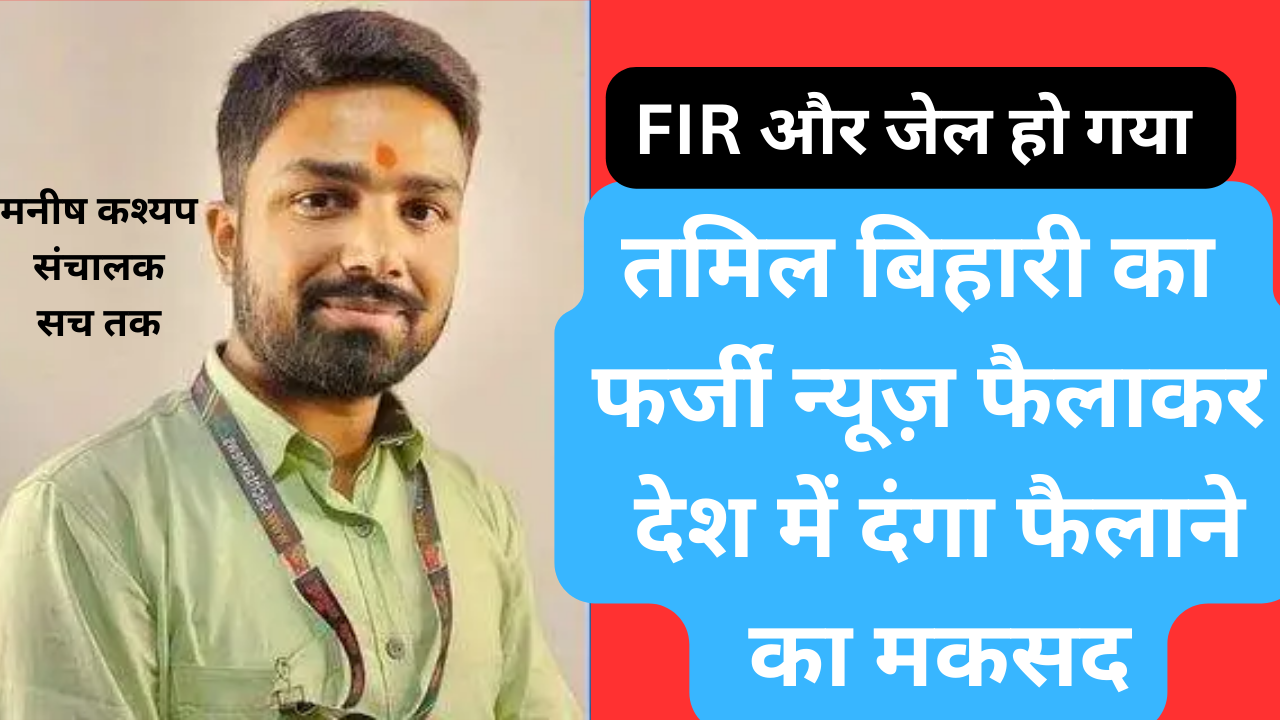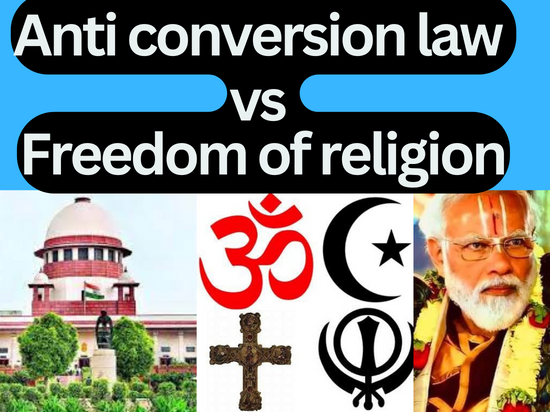Conversion: Will the Supreme Court impose restrictions on religious freedom?
The Supreme Court should refrain from delivering a judgment on the feasibility of a law to enjoin religious conversion through force or allurement until the Law Commission of India examines the issue, attorney general R Venkataramani said on Monday.
The Supreme Court bench, which included judges PS Narasimha and JB Pardiwala, was considering a solicitation by advocate Ashwini Upadhyay to ask the Law Commission to examine the feasibility of a correctional law to discipline acts of forced conversion.( ANI)
“ Once this court says commodity, there’s nothing that the Law Commission can do. A discussion of the Law Commission is only proper as the first step, ” Venkataramani told a bench headed by Chief Justice of India Dhananjaya Y Chandrachud.
The bench, which included judges PS Narasimha and JB Pardiwala, was considering a solicitation by advocate Ashwini Upadhyay to ask the Law Commission to examine the feasibility of a correctional law to discipline acts of forced conversion.
While the bench was of the original view that it may be suitable for the Law Commission to examine the issue following a guidance from the Supreme Court in the form of a judgment or some orders, Venkataramani dissented.
According to the country’s top law officer, any word from the apex court will constrict the compass of examination by the commission and, thus, the court should let it consider the issue of forced religious conversion at the first case.
While hearing pleas challenging theanti-conversion laws of colorful countries like Gujarat, Madhya Pradesh, Uttar Pradesh, Himachal Pradesh, Haryana, and others, the Supreme Court has ordered that a transfer solicitation shall be filed before it, for the purpose of transferring all action pending before the High Courts across the country.
specially, Jamiata Ulama- I- Hind had lately moved the Supreme Court against the laws announced for the prohibition of “ love jihad ” and other modes of unlawful religious conversion.
The laws were made to keep a check on the mischief of religious conversion by compulsion, allurement or by any other fraudulent means.
The laws were made to keep a check on the mischief of religious conversion by misrepresentation, force, overdue influence, compulsion, allurement or by any other fraudulent means.
The plea stated that the said laws force a person to expose his faith and thereby foray into the sequestration of a person. It submits that the mandatory exposure of one’s religion in any form amounts to violation of the right to manifest his/ her beliefs as the said right includes the right not to manifest one’s beliefs.
The solicitation has been filed against the Uttar Pradesh Prohibition Of Unlawful Conversion Of Religion Act, 2021, the Uttarakhand Freedom Of Religion Act, 2018, the Himachal Pradesh Freedom Of Religion Act, 2019, the Madhya Pradesh Freedom Of Religion Act, 2021 and the Gujarat Freedom of Religion( Amendment) Act, 2021.
When the matter was taken up by the Top Court, CJI DY Chandrachud questioned as to what the stage of the proceedings before these High Courts was.
He was therefore informed by elderly Advocate, Indira Jaising, appearing on behalf of one of the pleaders, that the matters were at colorful stages. Jaising also handed the court with the number of pleas pending before each high court.
” There are 7 High Courts before which cases are pending. Before us, there are three writ desires challenging the laws from colorful countries. Would you like to bring all those desires then?”, the CJI also asked.
To this, elderly Advocate Kapil Sibal, responded saying,” Your lordship can pass an order transferring them then, it has been done ahead.”
At this juncture, AG Venkataramani, who was directed to appear before Court to help it in a affiliated matter, submitted that the matters shouldn’t be leap frogging from the High Courts, as they’re formerly hearing them.
” We’ll hear the countries, we aren’t transferring these matters as yet”, the bench also said.
Consequently, the bench also comprising judges Narasimha and Pardiwala ordered that in view of the pendency of matters before colorful High Courts, a transfer solicitation shall be filed before it, and asked for the matter to be listed after two weeks.
Intervening while Datar was making his cessions, elderly Advocate Sanjay Hegde, told Court that Datar was directed to amend the solicitation, as there were veritably invective allegations in that plea against Muslims and Christians.
CJI Chandrachud therefore asked Datar to make those changes to his plea.
Also, pertaining to the prayer made by Upadhyay seeking a direction to the Law Commission to look into it, the vittles of IPC, Court said,”Mr. Datar, before the Law Commission decides on the creation of a law, it must hear from us, if the being law in these countries is proper or not.”
It’s to be noted that on January 11, a Justice Shah led bench had directed AG Venkataramani to help court in the matter and changed the case title of PIL filed by Advocate Ashwini Upadhyay as” In Re Issue of religious conversion” and suspended it to Feb 7 for farther consideration.
still, the matter came to be listed history
the Indian Supreme Court has preliminarily heard cases involving the issue of religious conversion and has issued rulings on the matter. The court has generally upheld the right to freedom of religion, but has also honored that there may be limits on this right in certain circumstances, similar as when transformations are supposed to be forced or fraudulent.
he Indian Supreme Court has ruled that an existent has the right to convert to any religion of their choice, as long as the conversion is voluntary and not convinced by fraud, force, or allurement. The court has also stated that a person’s right to convert to a different religion is defended under the Indian Constitution’s guarantee of freedom of religion. still, the court has also honored that state governments have the power to legislate laws to regulate religious transformations, as long as similar laws don’t infringe on an existent’s indigenous rights.
There have been recent cases in India, where the laws of certain countries, which were legislated to regulate religious transformations, have been challenged in the court. The court has examined the constitutionality of these laws, and some of them were struck down as unconstitutional.
It’s worth noting that some political leaders and religious groups have called for stricter laws to regulate religious transformations in India, while others have opposed similar laws, arguing that they would violate the indigenous guarantee of freedom of religion.
The Indian Supreme Court has also held that the right to convert also includes the right not to convert and that an existent’s right to borrow a religion of their choice is an essential aspect of their particular autonomy. The Court has also held that the state shouldn’t intrude in the religious beliefs of a person and that the state’s part should be limited to icing that the conversion is voluntary and not convinced by fraud, force, or allurement.
In recent times, there have been several cases of religious transformations that have been contentious and have led to collaborative pressures in India. These cases have led to calls for stricter laws to regulate religious transformations, but the Indian Supreme Court has constantly held that the right to freedom of religion is a abecedarian right and that any laws regulating religious transformations should be hardly acclimatized and shouldn’t infringe on this right.
It’s also worth noting that the Indian government has also emphasized that it’s committed to guarding the rights of all citizens, anyhow of their religion and that it’ll not tolerate any form of forced or convinced religious transformations.
The Supreme Court of India has also emphasized that the state should take way to promote interfaith harmony and to help any form of collaborative pressure arising from religious transformations
It’s important to note that while the Indian Constitution guarantees the right to freedom of religion, it also allows the state to make laws regulating or confining this right in the interest of public order, morality and health. The Indian Supreme Court has also held that the right to freedom of religion isn’t absolute and that the state can regulate religious transformations if it’s satisfied that similar transformations aren’t genuine, but are motivated by other considerations.
In recent times, some state governments in India have passed laws that bear individualities who wish to convert to another religion to give notice to the government before doing so. These laws are meant to help forced or fraudulent transformations and to insure that transformations are voluntary. still, some have argued that these laws can be misused to kill and distinguish against people who wish to convert to another religion.
The Indian Supreme Court has also held that the state government can not intrude in the administration of religious institutions, unless there’s a violation of public order, morality or health. The court has also held that the state can not distinguish against any religious group and should insure that all religious groups are treated inversely.
In conclusion, the Indian Supreme Court has upheld the right to freedom of religion as a abecedarian right, but has also honored that this right isn’t absolute and that the state has the power to regulate religious transformations in certain circumstances, as long as similar regulations are hardly acclimatized and don’t infringe on an existent’s indigenous rights.

